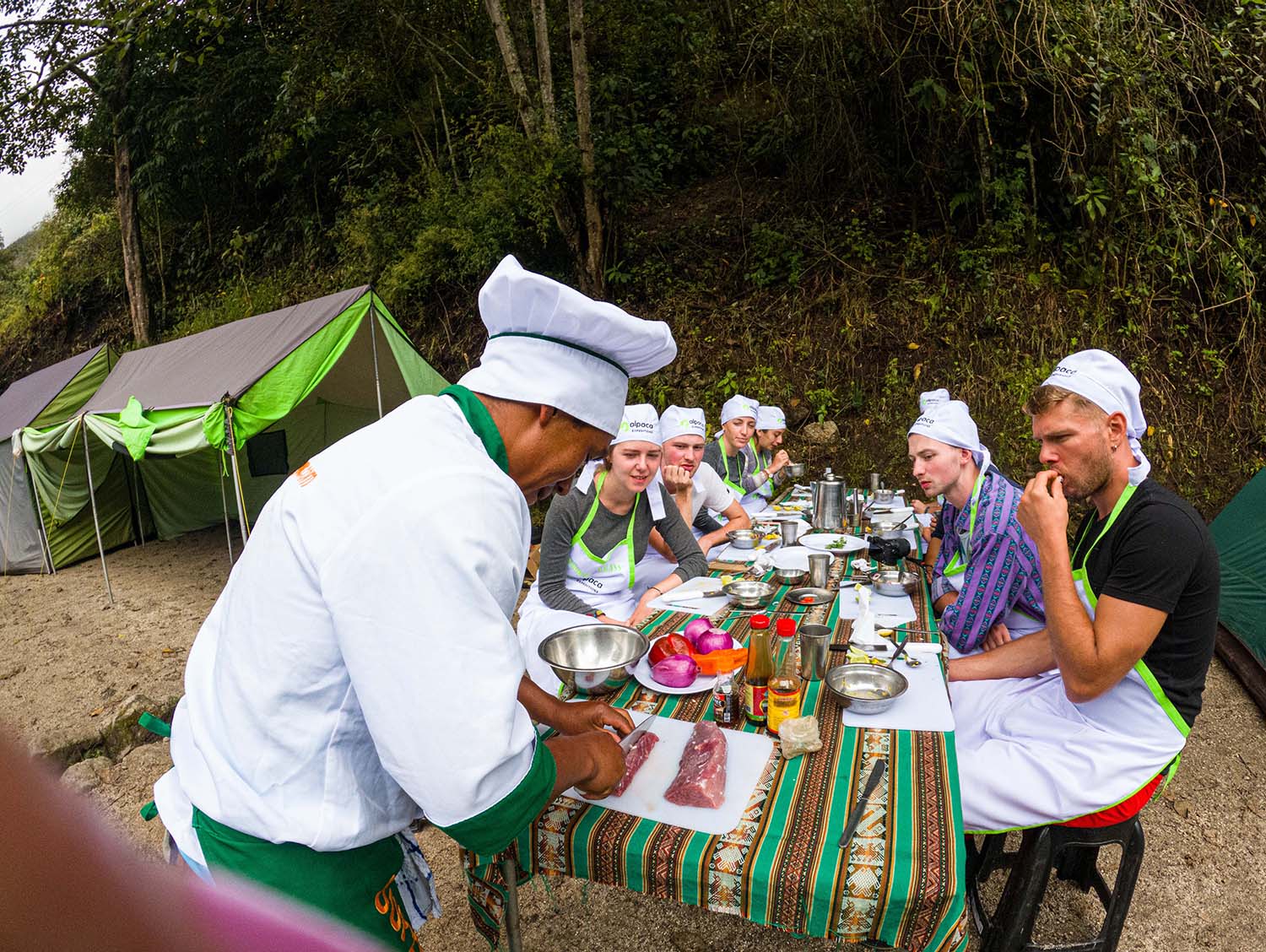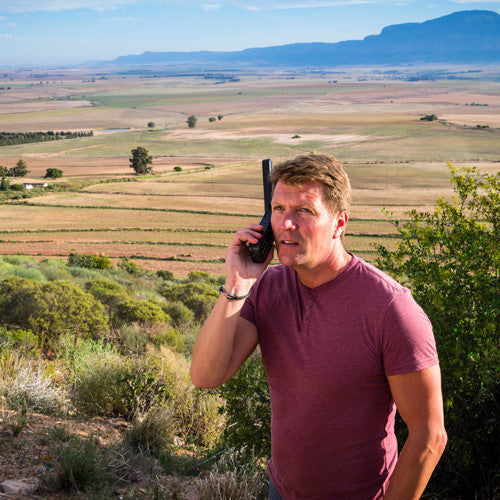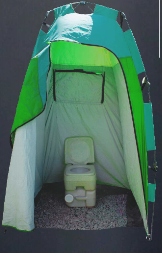Huchuy Qosqo Trek
3 Days / 2 Nights
Huchuy Qosqo Trek 3 Days / 2 Nights
Trip Details
Itinerary
-
Day 1 : Cusco – Golden Lake – Quencco
To begin your Huchuy Qosqo Trek, we pick you up from your hotel at 6 a.m. and take you to the Inca site called Puca Pucara (3,700 meters). It is only 20 minutes from the city of Cusco. We will begin hiking gently, uphill for an hour and a half until we get to the first pass (4,100 meters), where we’ll have spectacular views of two valleys. To your right, you will see the capital of the Incas, Cusco, with stunning mountains surrounding it. Your tour guide will tell you about how and where the Incas arrived to this area, and about the conquest of the Spaniards. There are two Inca sites at the bottom of the valley and on your left, there will be a beautiful landscape of mountains and farmlands. From the pass, we will follow along the side of the valley, making our way towards the top, to cross over to the other side. It’s about a 45 minute walk to the top end of the valley. Once we get there, we’ll cross a small stream that divides the valley, and begin making our way to our lunch spot, at Queullacocha Lake. The scenery at the lake is quite barren because the whole area is a high puna between the mountains, and is covered with tough, Andean grass, called Ichu. It may be possible to see a variety of bird life, such as Andean Geese, Lapwings, Partridges, among others.
After our lunch, we’ll continue on to our campsite, at the village of Quencco. We will make our way over the top of one of the ridges, as we descend, and loop around Qoricocha Lake (Golden Lake). It’s about a two and a half hour walk to the village, where we’ll be greeted by groups of locals who are always happy to welcome us into their community. After we’ve settled in, and had a steaming cup of mate de coca, we’ll visit one of the local families to learn about their way of life. If you have brought any gifts with you, you can share them with the family at this time. After visiting the family, we’ll have time to relax and your tour guide will teach you more about the Andean way of life.
Distance Walked: 14 km
-
Day 2: Quencco – Huchuyqosqo – Lamay – Ollantaytambo – Aguas Calientes
You will be awakened with a cup of hot coca tea. When you are packed, we will enjoy a tasty breakfast. We begin our walk from Quencco to the Inca site of Huchuy Qosqo. After about two hours of walking, we will reach a stretch of the original Inca Trail, just below the village of Pumamarca. Along the way, we’ll pass by many local people who will be tending to their llamas. Once we reach the Inca Trail, the scenery changes from the high mountains to a secluded valley. This valley is a beautiful micro-climate, full of lush vegetation. There are many small birds that can be seen, including a variety of hummingbirds that feed off of the flowers. As we make our way down the valley, we will be able to see snow-capped mountains and the famous Urubamba mountain range. There will be ample time to take advantage of the many picturesque vistas.
We’ll make our way towards the main site, we’ll pass through an adobe Inca gateway, and finally arrive to the magnificent Inca site of Huchuy Qosqo (Little Cusco – 3,600 meters), which is perched above the Sacred Valley of the Incas. Here, you will see amazing Inca buildings, like sacred temples, storehouses, Inca terraces for agriculture and an Inca reservoir used to store water in the dry season. Your tour guide will take you on a tour of the site. As an expert, he will teach you about the background. Before we have lunch, you will have time to explore the site on your own. From here, we will begin our walk downhill to the Sacred Valley. It takes about two hours to get to the village of Lamay (2,800 meters) on the Urubamba River, where a bus will be waiting to take you to Ollantaytambo. We will have dinner at a restaurant before taking the 7 p.m. train to Aguas Calientes. We will be able to set up and rest in our hotel. Hot showers will be available.
Distance Walked: 7 km
-
Day 3: Aguas Calientes – Machu Picchu – Aguas Calientes – Cusco
Machu Picchu is the most important part of our trip. We suggest waking up wake to get on one of the first buses up to Machu Picchu. These buses are all first come, first serve and begin at 5:30 a.m. Once we get up to the citadel, your tour guide will bring you to a great spot to watch the sunrise over the mountains, weather permitting. Following, you will begin your two hour tour around the complex. After you tour, you will have some time to wander on your own through these ancient ruins (with the options of climbing Huayna Picchu – (this is a separate entrance ticket and costs $75 per person), or climb up to the Sun Gate. Both options have breathtaking views. After you have taken in all of Macchu Picchu, you will return to Aguas Calientes on your own by park buses, and enjoy some lunch in the town, before boarding your train to Ollantaytambo. Once you arrive, you will board a bus and return to Cusco at approximately 8 p.m.
Inclusions
-
Included
- Briefing: The night before your trek, you will come to our office for your briefing. You will receive your duffel bag that will stay with your porters, while you hike. This bag should not exceed 7 kg/14 lbs and does need to include your sleeping bag and air mattress.
- Professional Guides: All of our guides studied English and tourism at Cusco National University. They all grew up in this region and have a true passion to teach others about their heritage. They are fun yet professional, and will ensure you are safe and happy.
- Porters: We include a personal porter, who is responsible for carrying your duffel bag containing your personal items. There is no additional fee for this. We will give you your duffel bag at your briefing the night before, to be filled with the things you will need for the next night and day. You will not have access to your duffel bag until you arrive at your evening campsite.
- Hotel: The Alternative Treks all end in, or before Aguas Calientes. The last night is spent at a hotel in the village, rather than camping. This 2 star hotel is included in the trek cost and is based on a shared room. If you would like to upgrade your hotel, or prefer a single room, there will be an additional cost.
- Transportation: All your transportation is included in this trek. You will be picked up directly from your hotel around 4 a.m., and brought to the start of the trek, KM 82. Your guide will hand out your bus ticket to make your way down from Machu Picchu to Aguas Clientes, and you will be booked on the expedition train leaving that afternoon. If you prefer, you can upgrade your train leaving Aguas Clientes to the Vistadome train for $65 per person. Once you arrive at the train station, we will bring you back to your hotel in Cusco.
- Equipment: Alpaca Expeditions has the best equipment. We use four man Eureka Timberline tents that are shared by only two people. You will have a spacious dining tent to enjoy your meals in.
- Food: The Alpaca Expeditions chefs cook delicious meals that many previous trekkers have raved about. We honor all food restrictions. Be sure to remind your tour guide of any food restrictions at the beginning of your trek. Food is typically served family-style. You will enjoy breakfast, lunch and dinner each day of the trek, along with a happy hour of tea and snacks. You will also be provided a snack each morning for you to enjoy along the hike. Your last meal with your chef will be after breakfast on the last day. Lunch the last day is not included.
- Water: Beginning from your first lunch until your last breakfast, Alpaca Expeditions will supply all the water needed. This water will be boiled, filtered and then cooled, before distributing. You must supply your own water bottles or camel back. We recommend carrying about 3L worth. We will refill our waters at each meal.
- First Aid: Every Alpaca Expeditions guide has received training in first aid from a physician. We conduct mandatory training sessions every February, which every single Alpaca tour guide must attend. Your tour guide will always have a first-aid kit for basic medical problems (traveler’s diarrhea, cuts, scrapes, etc.) and oxygen. We will get you off the trail as quickly and comfortably as possible, if needed, and ensure you get directly to a clinic for treatment.
- Extras: We believe it’s the attention to small details that separates us from other tour companies. Every trekker receives a small pillow to sleep with, a foam mat for insulation, a day pack cover to protect their things while hiking and a rain poncho. We will work hard to create your best vacation.
- Satellite Phones: Our top priority will always be the safety of our clients and our team. While we are prepared and all our guides are trained for most of the issues clients have on the mountain, being a phone call away from any doctor, hospital or friend helps everyone feel assured that they are safe. Radios, which all our guides have, are limited in how far they can reach, so Alpaca Expeditions has added Satellite Phones to every trek. Every guide will have a fully charged phone that can be used anywhere on the mountain to connect us anywhere in the world. And they can be used by our clients for non-emergencies as well. While they are not cheap to use, they are available just in case you need to check in on the puppy you left at home with grandma.
-
Not Included
- Rentals: Every trekker needs a sleeping bag, when camping. Inflatable air mattresses and walking sticks (with rubber tips) are optional, but encouraged. If you don’t want to bring any of the above, they are all available for rent:Sleeping bag: $15
Inflatable air mattress: $10
Walking sticks (pair): $10 - Huayna Picchu: Huayna Picchu is the mountain that stands next to Machu Picchu. It is a 45 minute hike to the top. Going back down is quite steep, if you are scared of heights. This is done after your tour of Machu Picchu. The cost is $75 per person to hike. Arrangements need to be made at least one month in advance, due to popularity. Since you are hiking the Inca Trail, you will experience a similar view from the Sun Gate. Please understand that weather is out of our control.
- Day packs: Day packs are not provided by Alpaca Expeditions. You must bring your own. Be sure you don’t being anything too large, as you don’t want it to be too heavy while you’re trekking. Plus, Machu Picchu will not allow you to bring in a bag larger than 25L, so if you have a large backpack it will need to be stored before your tour. Only essentials are needed while trekking: water, snack, camera, sunhat, warm layer, rain layers, insect spray, sunscreen, and a first-aid kit.
- Headlamps: It is strongly encouraged to bring a headlamp for your night camping. There will be no lights at the camping sites and it is hard to get to your dining tent or you bathroom tent without one. Flashlights are acceptable, if you don’t have a headlamp, but make some tasks more difficult.
- Flights: Flying to Cusco can be tricky. Delays occur often and it is not uncommon for flights to be cancelled. Please be sure to arrive in the city at least two days before your trek start date. LAN Peru is the most reliable of the airlines. Avianca and Peruvian Airlines are acceptable companies, as well. You will not return from your trek until around 8 p.m. on the last day, so be sure your flight is not until the next day, when leaving Cusco.
- Gratuities: Tipping is always appreciated and should be based completely on your satisfaction. Although it may not be customary to you, it is of considerable significance to the people who will take care of you during your travels.
- Travel Insurance: This is not required, but always recommended. For those of you who live at sea-level, landing in Cusco will take an adjustment period. Most people need one or two days to adjust. In case you have a hard time adjusting to the altitude, it is suggested to have protection for missed tours.
- Rentals: Every trekker needs a sleeping bag, when camping. Inflatable air mattresses and walking sticks (with rubber tips) are optional, but encouraged. If you don’t want to bring any of the above, they are all available for rent:Sleeping bag: $15
Price
-
Our standard 3D/2N Hucuhuy Qosqo Trek includes a personal porter to carry up to 8 kg/16 lbs of your belongings. The last night of this trek is spent in a hotel in Aguas Calientes. We include a 2 star hotel, called Inti Punku Inn. Other options are available.
$620 per person
-
Student Discount:
$20 off per person
Student discounts apply to anyone who has a valid UNIVERSITY STUDENT CARD at the time of the trek or who is 17-years-old or younger. For those using an university student card to receive the discount, we need to see a copy of the card at booking. For those booking children 17-years-old or younger, we need a copy of their passport at booking time. Please send all to info@alpacaexpeditions.com.
More Information about STUDENT CARD
-
Additional Items:
There are several optional upgrades you can include in this trip. Below is a quick list of prices, but check our Overview section for more details.
Inti Punku Hotel
La Cabaña Hotel: +$40 per person (based on two) or +$110 for a single room.
MAPI Hotel: +$70 per person +$70 per person (based on two) or +$170 for a single room.
Monatana: $25 per person
Vistadome Train Upgrade: $75 per person -
Rentals:
Sleeping Bag (four season) – $15 (Maximum size: 1.95 m / 6’4″)
Pair of walking poles – $10
Inflatable air mattress – $10
Travel Info
-
Altitude
As soon as people book their trip to Peru, specifically Cusco, they start wondering about altitude sickness. The air at high altitudes contains less oxygen than at sea level and forces your body to work harder to get the oxygen it needs. Over several days at high altitude, your body adjusts to the lower amount of oxygen in the air. This is why we always recommend spending at least two days in Cusco before beginning any trek. If you have more time, even better. Cusco is an amazing city with a lot to do, so you won’t be bored.
With altitude sickness, you may first feel like you have the flu or a hangover. You may have a headache, tiredness, loss of appetite, nausea or vomiting, dizziness, trouble sleeping, trouble breathing during exercise. If any of these effects become severe, please contact our office and we will help you get to a doctor.
Most of the time, these symptoms will be mild. We always recommend easing into activity slowly, allowing your body to adjust. Drink plenty of fluids such as water or coca tea. Coca tea has been used since ancient times to help prevent altitude sickness. Leaves from the coca plant contain alkaloids which helps bring oxygen into your blood, helping your body avoid the effects of altitude sickness. Avoid drinking a lot of alcohol and coffee. They will cause you to urinate more often and become dehydrated. Avoid smoking. Smoking makes it more difficult for your body to get oxygen. Avoid sleeping pills. They may cause shallow breathing at night, making it more difficult for your body to absorb oxygen while you sleep.
Remember the trek to Machu Picchu is not a race. Even those in the best shape will suffer from altitude sickness when they race to the top of the mountain too quickly. Go slowly, it will give your body time to adjust to the mountain.
Your healthcare provider may prescribe medicines, such as acetazolamide and dexamethasone, to help prevent altitude sickness. Start the medicine two days before you get to a high altitude. Continue to take it while you are at high altitude.
You must remember that this is your holiday and you do not want to stress out about the possibility of getting sick from the mountains. Do everything slowly. Drink lots of water. And enjoy the coca tea. If anything does happen and you unfortunately get sick, let your guide know right away – all Alpaca Expeditions guides are trained in how to help you get through it.
-
Weather
Of course weather is unpredictable. Typically the dry season in Cusco is from April through October, but this does not stop rain from falling in June or the sun from coming out in December – just be prepared. No matter what month you are doing the trek, please make sure that you have rain gear that includes a waterproof jacket, pants, poncho and waterproof gloves. Many people forget about gloves, but being cold and wet makes hiking very unpleasant.
Also prepare for four seasons. Many of the treks through the Andes involve many micro-climates and you will need to be prepared for all seasons. Layers are always key as they are easy to adjust to the different temperatures. And evenings will always be cold, so please be prepared with a warm, winter-weight jacket.
-
First Aid
Every Alpaca Expeditions guide has received training in first aid from a physician. We conduct mandatory training every February – every single Alpaca guide attends. When guiding you, they will have with them a first aid kit for basic medical problems (traveler’s diarrhea, cuts, scrapes, etc.) and oxygen. They know how to make you feel better.
In case something unexpected happens and you feel you can no longer complete the trek, they will figure out the safest and quickest way off the course and to a clinic. You will never be left alone; you will have a member of the team escort you every step of the way until safely with a doctor. When you are feeling up to it, we will make sure that you still have the chance to visit Machu Picchu and re-connect with your group, traveling by train comfortably.
-
Travel Insurance
Because there are so many logistics to plan and pay for before your trek occurs, payment for your trek is due even if you are unable to complete the hike. Please read our Booking Conditions carefully so you know what is due. Obtaining travel insurance before you leave home is strongly encouraged. This way, if something happens, and this is rare, you will not be out of pocket a tremendous amount of money. Alpaca will provide a letter and your invoice to submit to your insurance in this case to help expedite your processing.
-
Environmental Impact
Alpaca Expeditions uses biodegradable soap and transports all our garbage back to Cusco. Our porters are trained to look after the trail and pick up any waste from other groups, as well. We also use environmentally-friendly chemical portable toilets that allow us to pack waste out. We believe in leaving no footprint behind.
-
Community
Alpaca Expeditions is really proud of the work we do for our community. This is a main focus for our company. We have worked with villages directly to help supply them with needs their families were missing. We have supported local schools by giving them computers and books. We currently sponsor a teacher at the village most of our porters come from to ensure their children are offered the best education.
We buy all our food from local farmers and markets and serve the freshest ingredients. We provide English classes for all our team: guides, porters, chefs and drivers. And we are building a house for our porters to give them a safe and comfortable place to stay before and after our treks so they no longer need to sleep on the floor of a friend.
And twice every year we bring our porters and their families to Machu Picchu. This is our favorite trip to do as the guys who work tirelessly have never visited the Lost Citadel of the Incas. Showing them this place is our biggest honor.
We are always looking to do more for our partners. Please let us know of your ideas and we will work to help.
-
Personal Porter Included
All of our treks include porters, who are responsible for carrying and setting up all equipment. They will also carry your personal duffel, which you will receive at your briefing the night before your trek. This duffel can not exceed 7 kg/14 lbs, and must include your sleeping bag and air mattress.
Each Alpaca Expeditions porter is given a proper uniform, salary and insurance. They are the backbone of our company.
Packing List
-
Packing List
- Day pack
- Copy of your passport
- Good hiking gear: hiking boots, warm jackets, gloves, hat warm fleece and socks
- Sleeping bag
- Walking boots
- Waterproof jacket/rain poncho
- Hat and gloves
- Warm clothes: layers for variable temperatures, especially at night
- T-shirts
- Comfortable trousers
- Sun hat
- Sun screen
- Insect repellent
- Re-usable plastic/metal water container, or camel bags
- Water for the first four hours of the trek, then we will provide you with drinking, previously boiled water
- Toiletries
- Personal medication
- Camera and films
- Flashlight with spare batteries
- Walking stick
- Bathing suit for the hot springs
- Extra money for souvenirs, drinks and tips
Huchuy Qosqo 3D/2N
Please fill in our BOOKING FORM carefully with your correct personal details.
The Alpaca Difference
Alpaca Expeditions is a 100% peruvian, indigenous owned company. Started by Raul Ccolque, a former porter and tour guide, Alpaca Expeditions separates ourselves by our dedication to both our customer and our team. We work very hard to make sure that all our clients needs are taken care of throughout the tour with us. At the same time, we never forget about our brothers and sisters working tirelessly for us to make all of this possible. Responsible and sustainable tourism that gives as much to our community as to our clients.
Meet the AE Trekking Team!
Everyone on the Alpaca Team is from Cusco region, living the traditions and history they share with you while on one of our tours. Our guides are all graduates of university studying tourism, history and english. Our chefs are trained every February by a professional cooking team learning new meals, adding varieties of entrees for all types of eating. And all our porters are from HUARQUI, HUACAHUASI, PATACANCHA, QUISWARANI, CANCHACANCHA, QUEYUPAY, UMACHURCO and CCACCACCOLLO villages, very often working this job on top of maining their farms back at home. Most of our team has been with us for years, as we have the most loyal, hard working, happy employees in Cusco. We know how lucky we are to have the best team trekking and you will immediately fall in love with all the men and women who call Alpaca Expeditions their home.
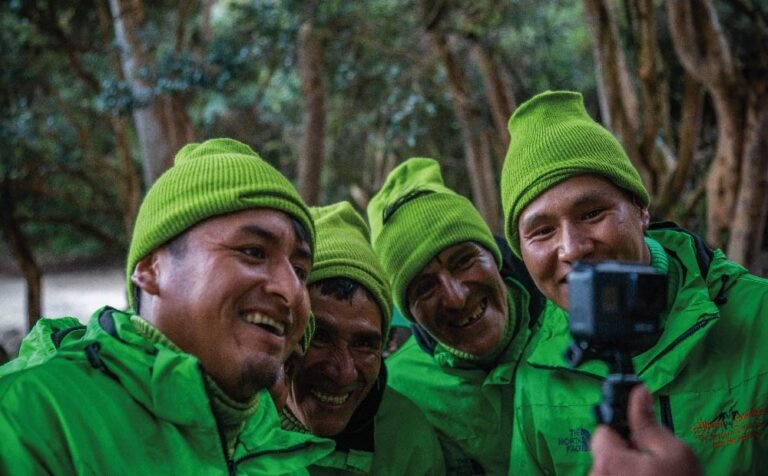
AE súper porters
Our Porters represent the Peruvian people, both men, and women who are at the heart of our...
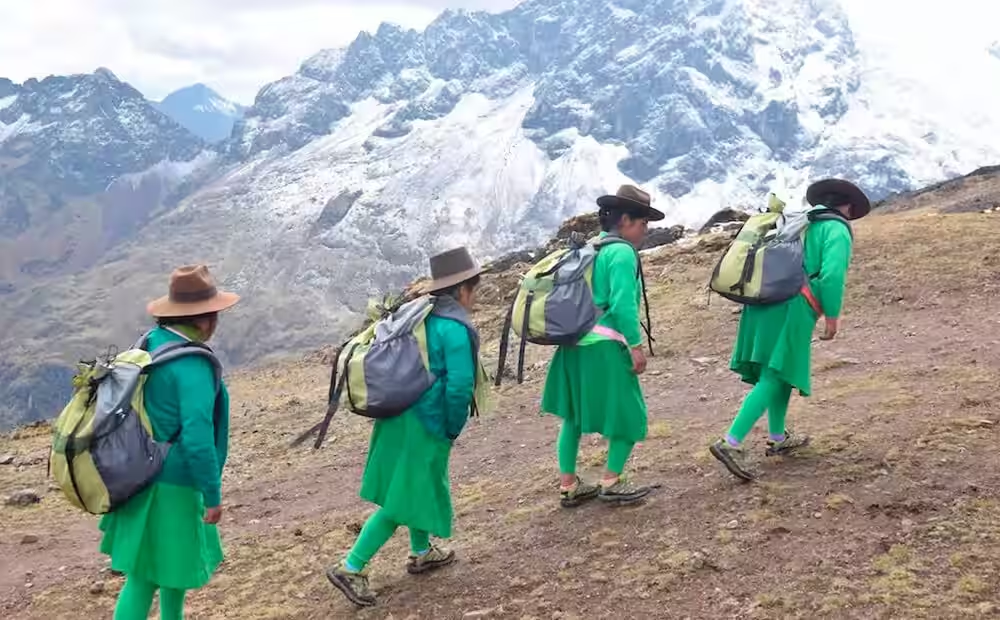
Equality Matters
Alpaca Expeditions aims to promote gender equality and empower women, hiring first Peru Wo...
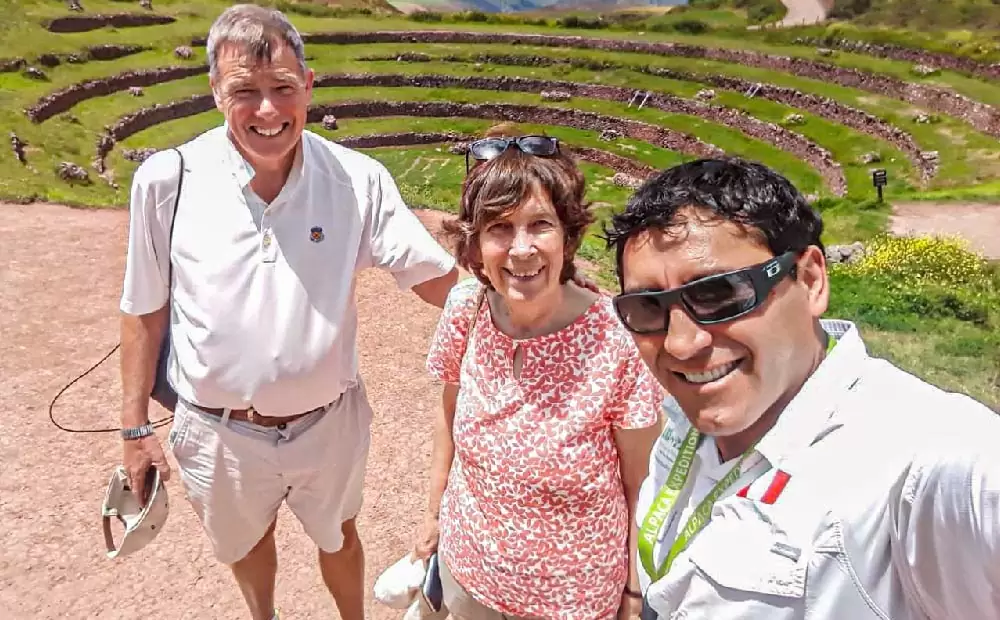
Our Guides
Travelling and trekking along the mountains is one of the best activities in the World. Co...
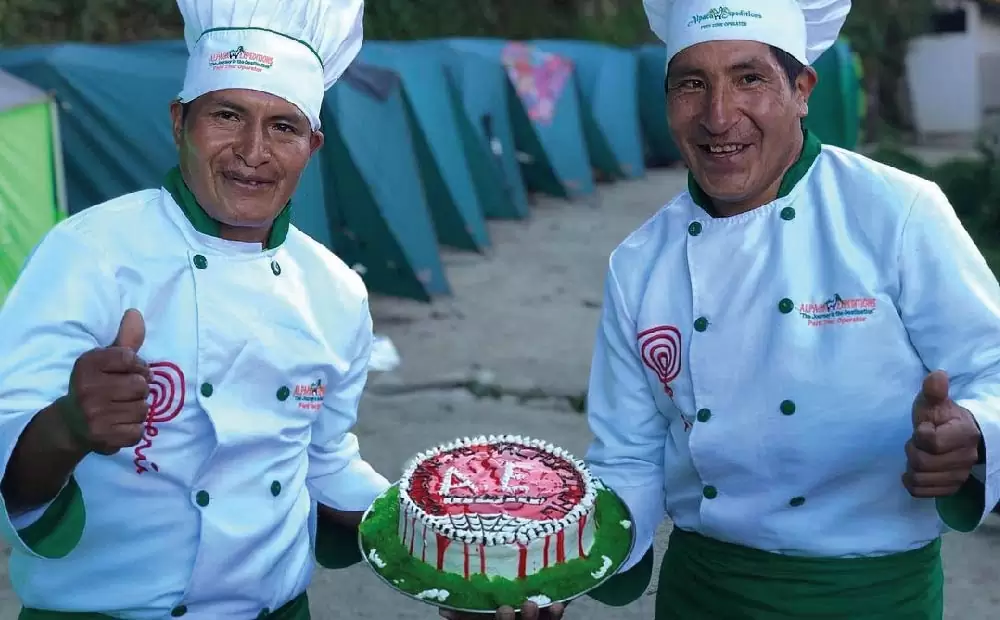
Our Chefs
Trekking along the mountain on your way to conquer Machu Picchu is a once in a lifetime ex...
What do we do for our porters?
Alpaca Expeditions would not be where we are today without these hardworking men and women. We could not imagine a harder job and our team does it smiling. We do our best to thank them for their hard work and loyalty by doing as much as we can to make their lives and their families lives better. All our porters receive all their equipment for free from warm winter hats to proper hiking boots. They sleep in proper tents and are given warm sleeping bags for night. They enjoy the same food we serve our clients and all leftovers are donated to their families. We visit their villages with doctors and dentists, donate school supplies and sports equipment. And our favorite time of the year is when we bring a group of porters and their families to Machu Picchu to visit the ruins for the first time.

AE súper porters
Our Porters represent the Peruvian people, both men, and women who are at the heart of our company. It is not possible to ...

Equality Matters
Alpaca Expeditions aims to promote gender equality and empower women, hiring first Peru Women as Porters opening the door ...
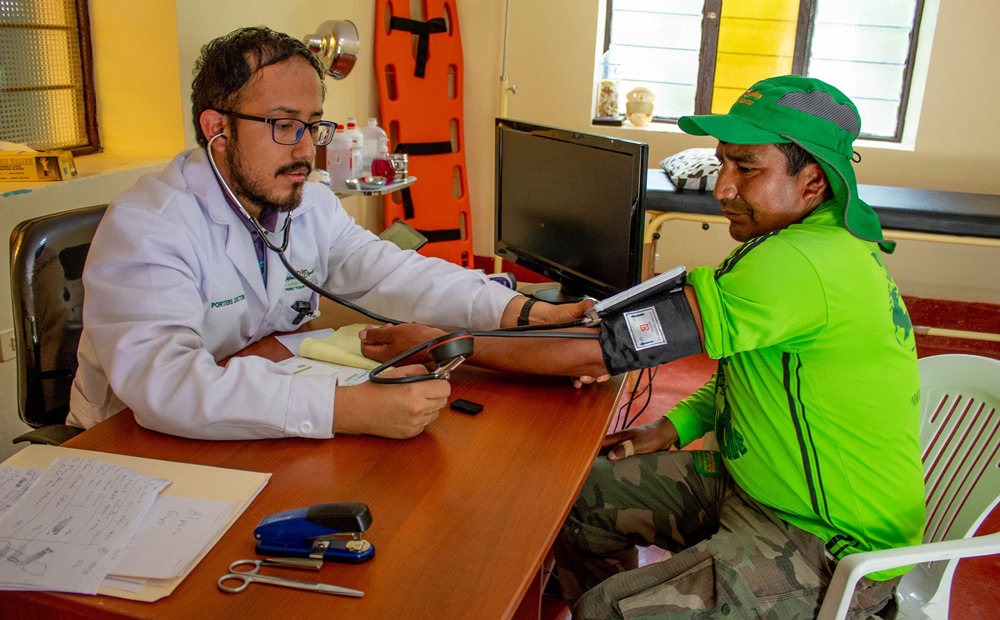
Free Medical Assistance to Porters
In 2019, we hired our first Alpaca Expeditions Medical Doctor to help tend to our guides, drivers, chefs…
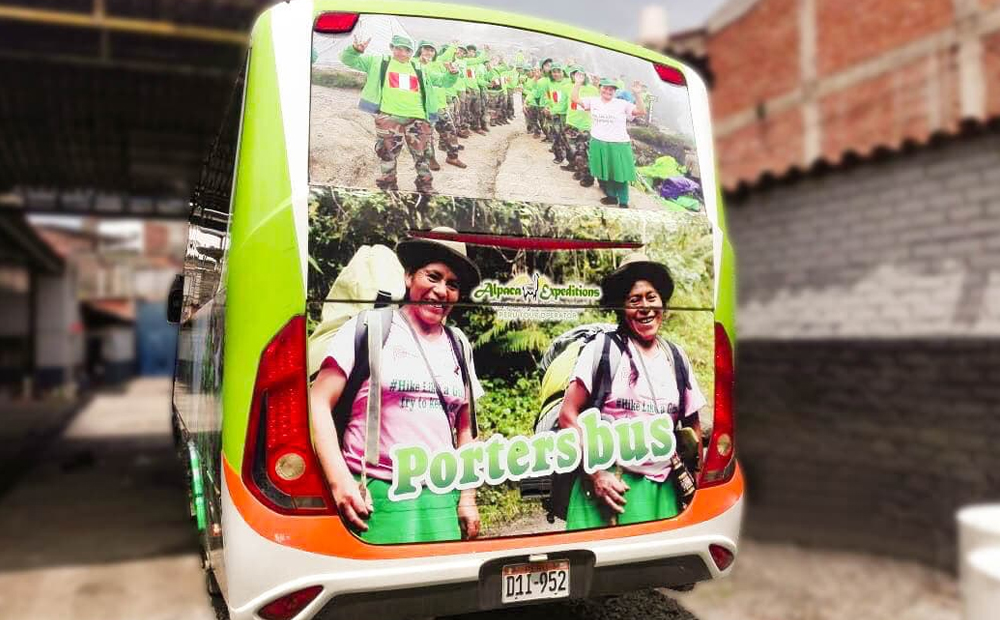
Our Porter’s bus
We treat our porters with the same dignity and respect as we do our clients. Just as our clients enjoy our…
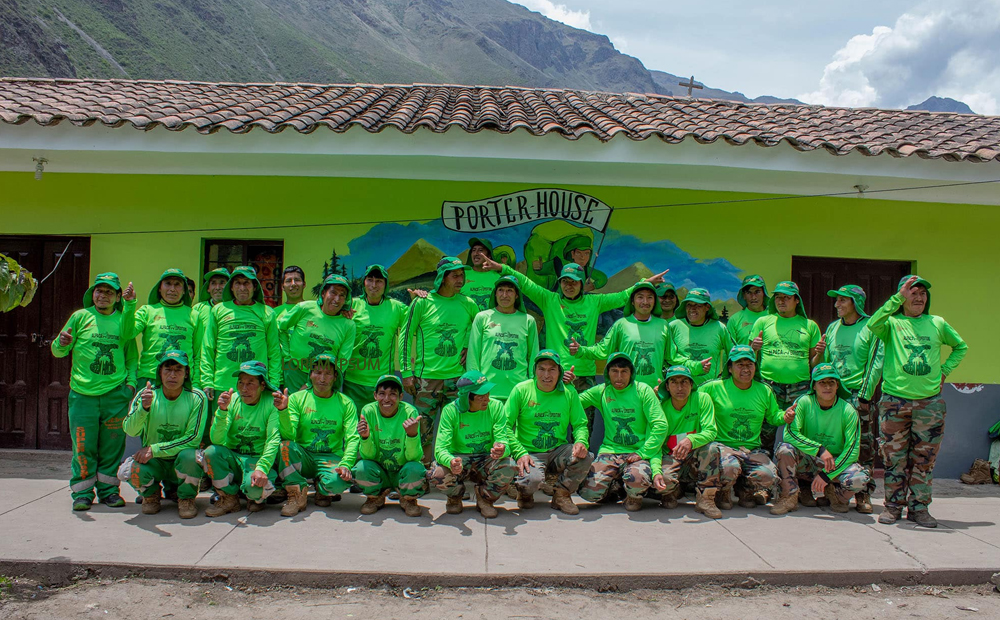
Our Porter’s House
As we mentioned above, our Porters like many Peruvian people come from distant villages to work our treks…
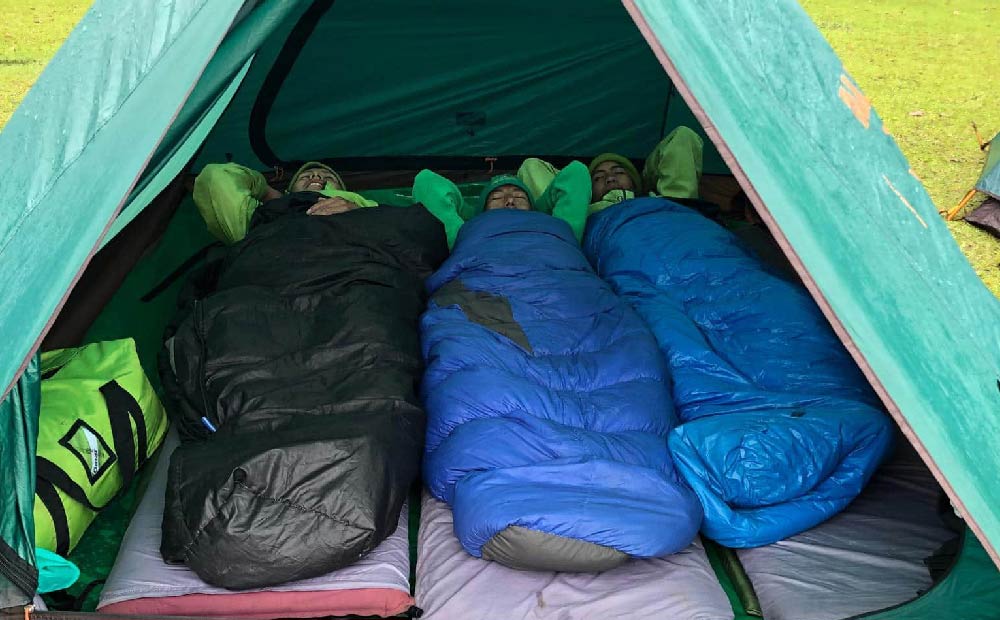
Tents and Sleeping bags
Again, this is something unique that Alpaca Expeditions provides, and sad others are not doing. We supply…
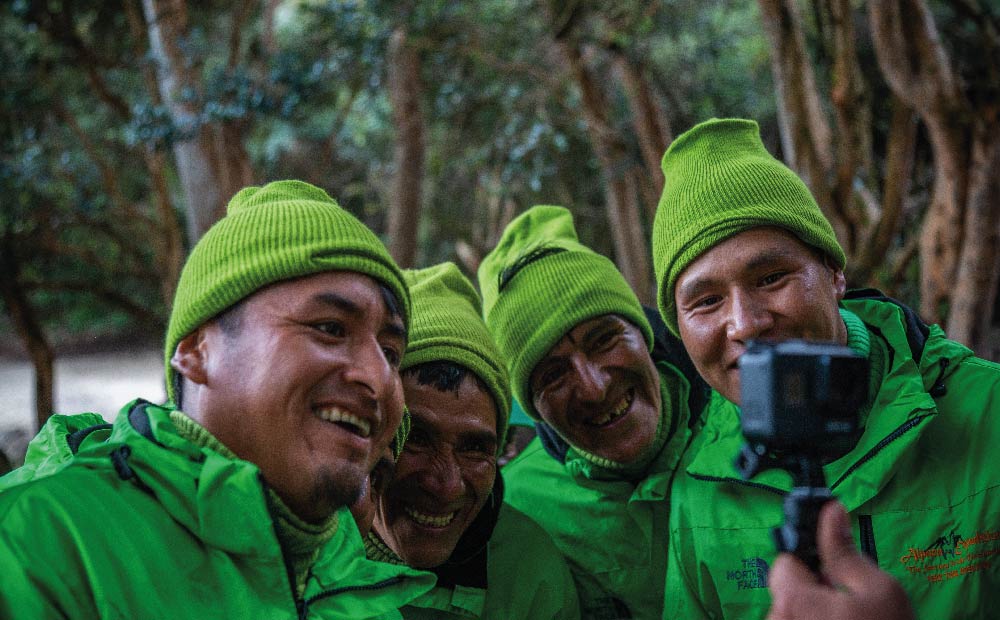
Proper Equipment for our Porters
Every porter of ours receives proper equipment. That includes moisture-wicking long/short sleeve shirts…
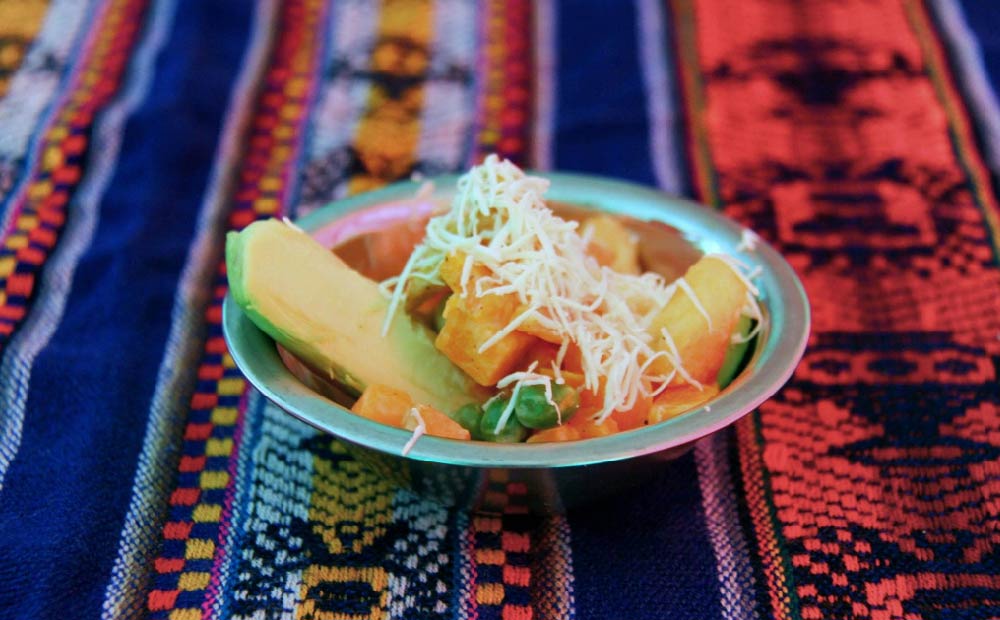
Nutritious Meals for our Porters
A general comment from trekkers on an Alpaca Expeditions tour is that we serve too much food. Well…
Videos of our Porters
Extra information
Alpaca Expeditions is always ready to make your trip safe and as easy as possible for you. Because these trips are a bit more complicated than your typical tour, we have put together some notes on logistics, storage, and even recommendations on where to stay in Cusco. And of course our team is ready to answer any other question, as we promise to be your partner from the moment you first contact us to our last goodbye in Cusco.
Alpaca Expeditions Recognitions
ISO (International Organization for Standardization)
In the pursuit to stand out from the rest, Alpaca Expeditions has obtained four ISOs plus our carbon footprint certificate to date. These achievements result from our efforts to implement the internationally-recognized integrated management system. They also represent our commitment to all of our clients and staff of operating sustainability and responsibility in every way possible.
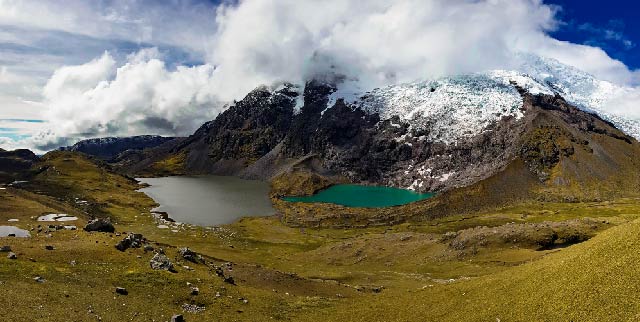
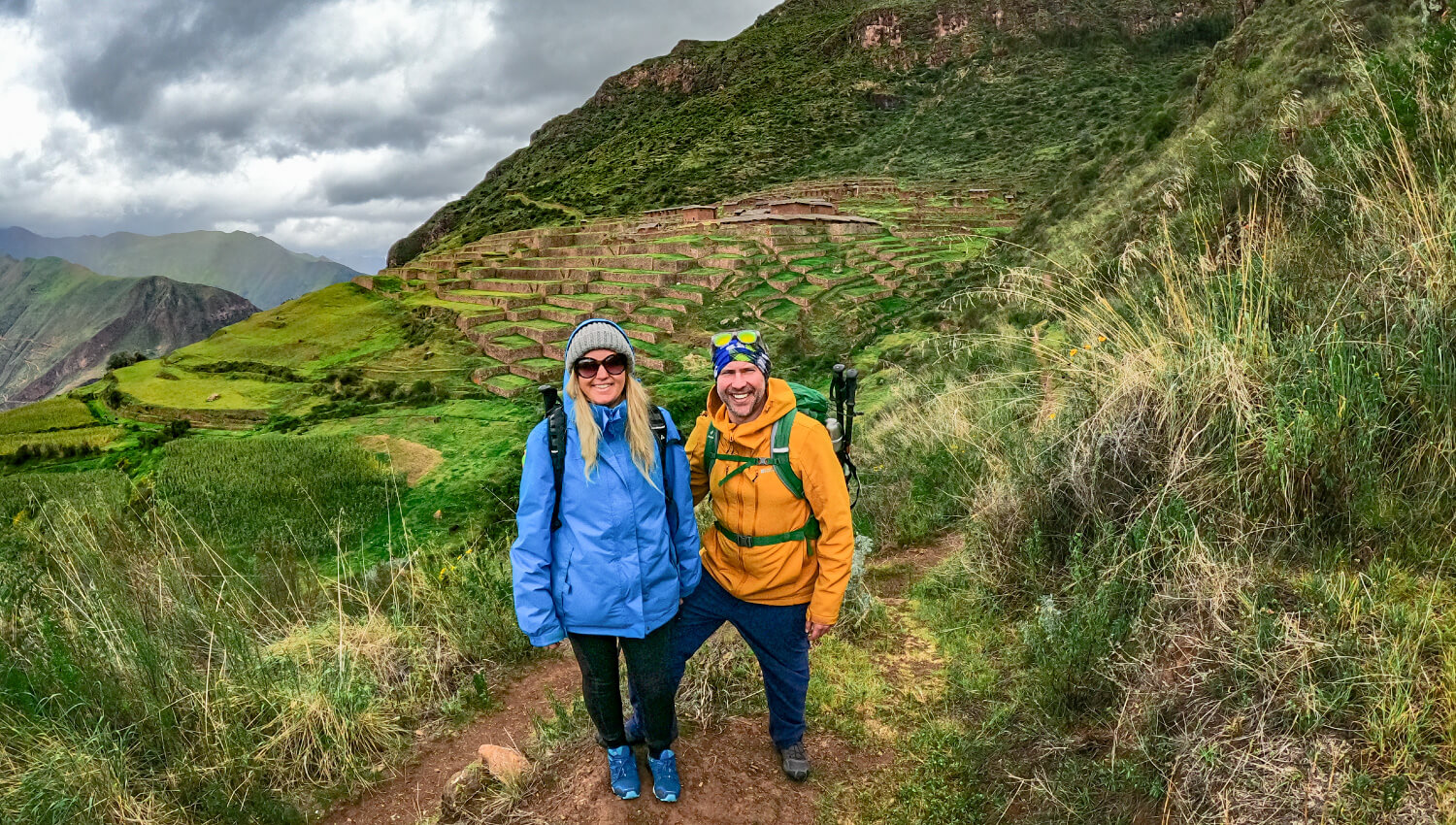
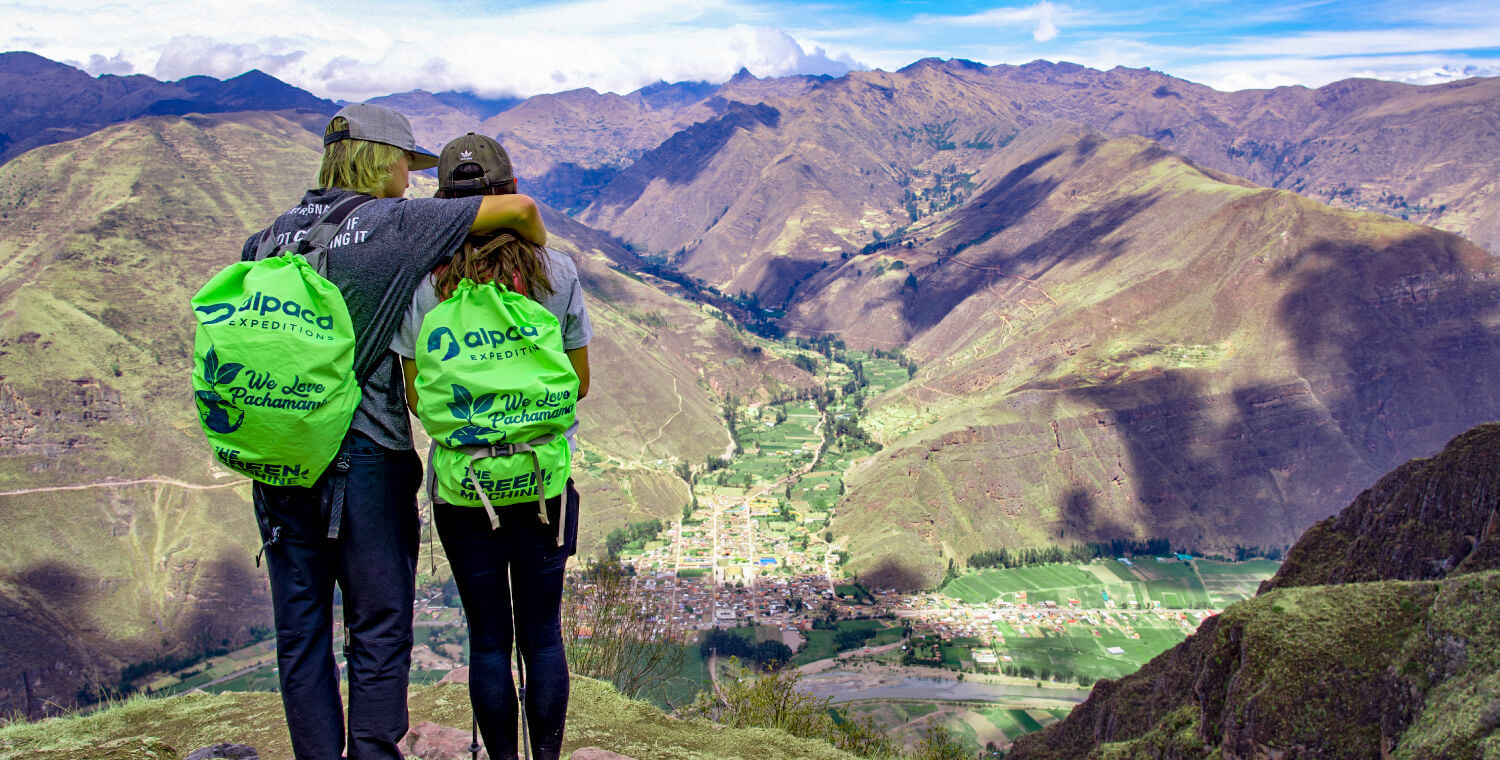
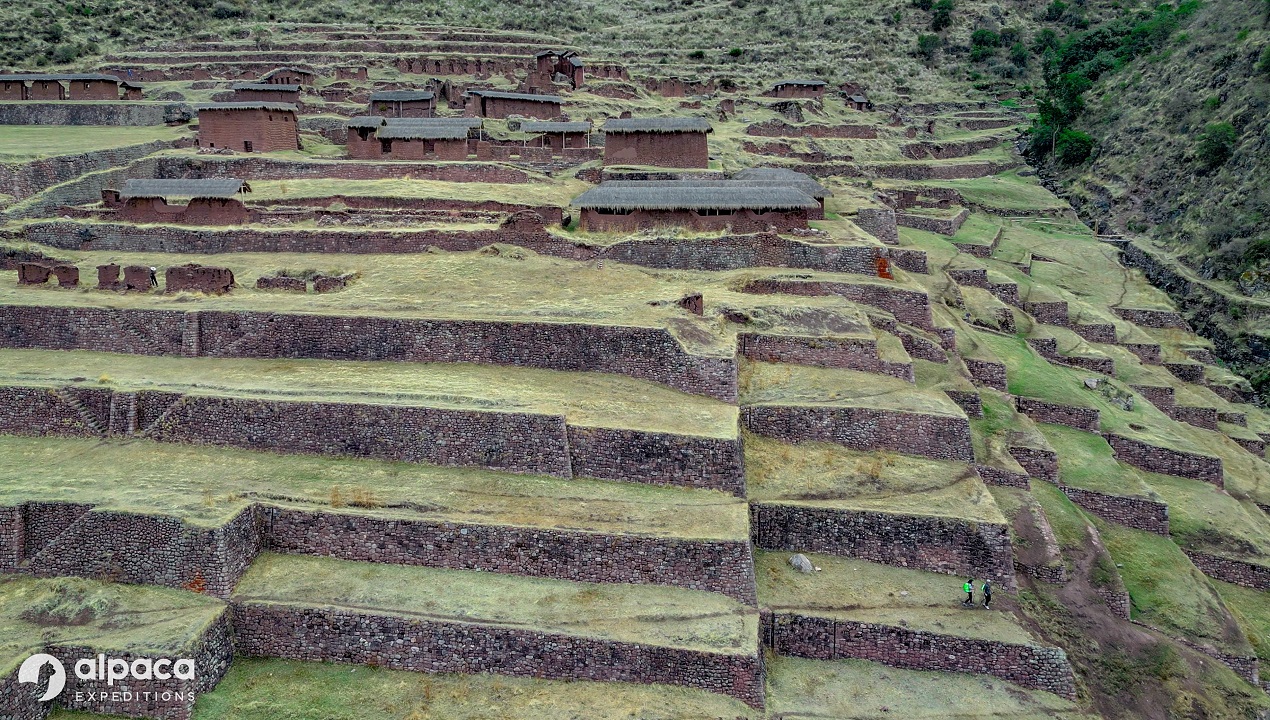
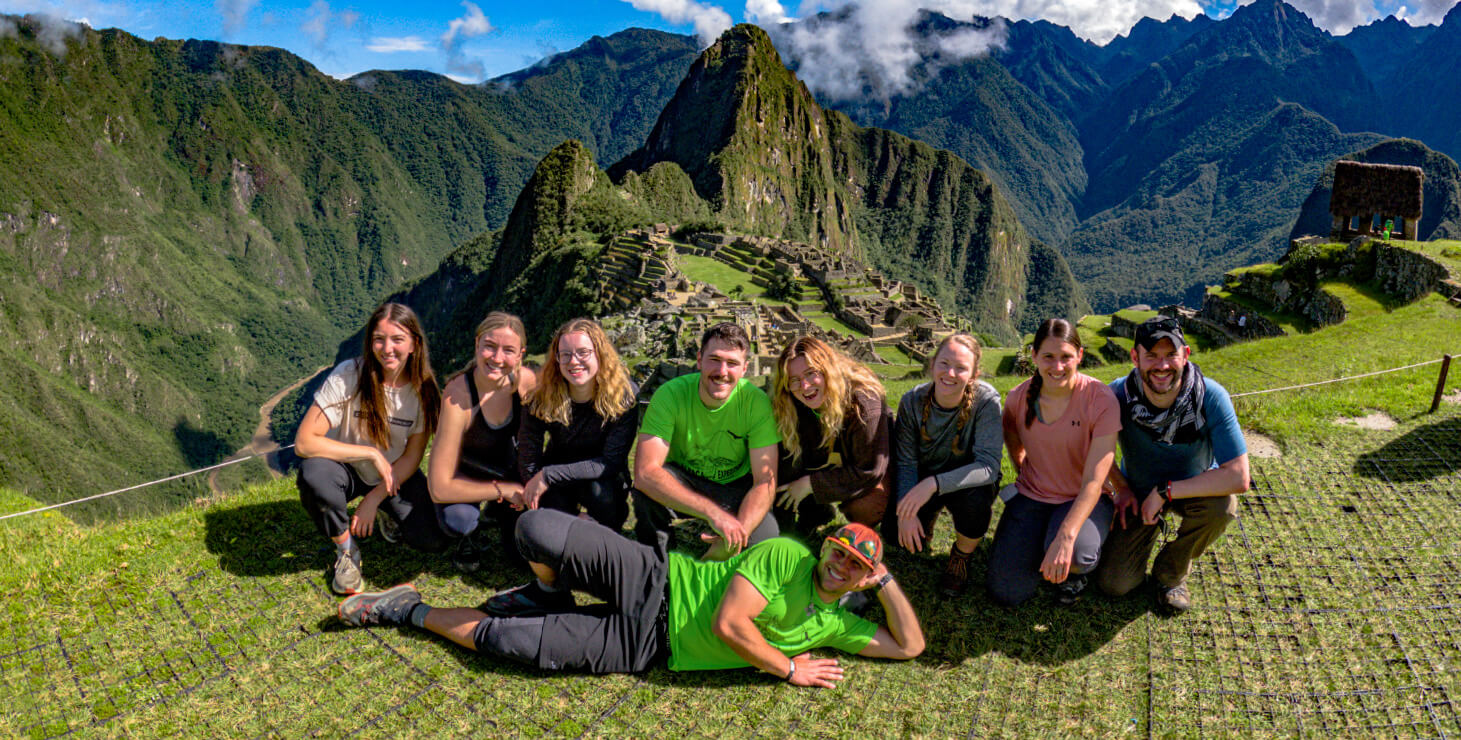
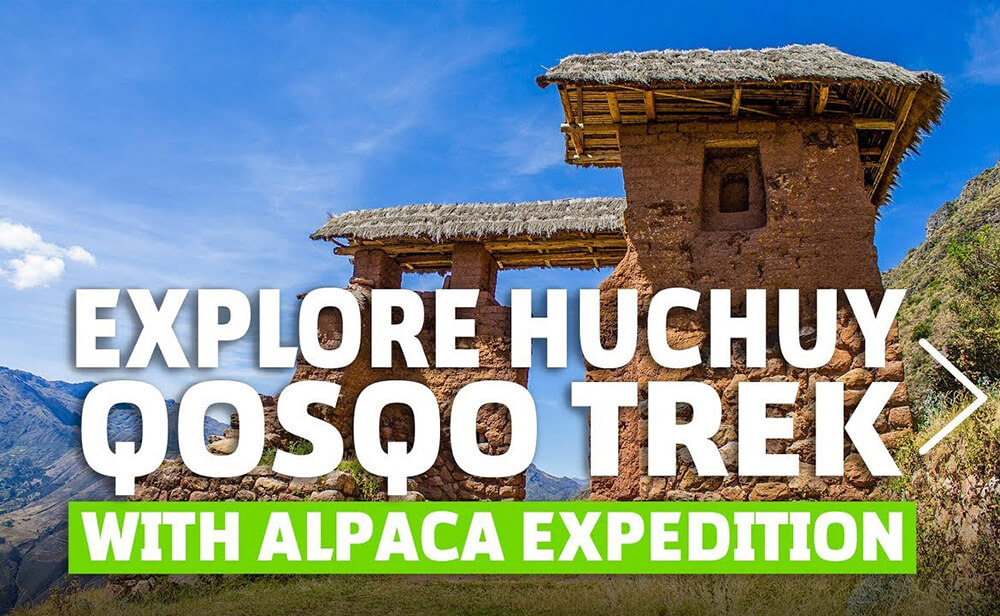
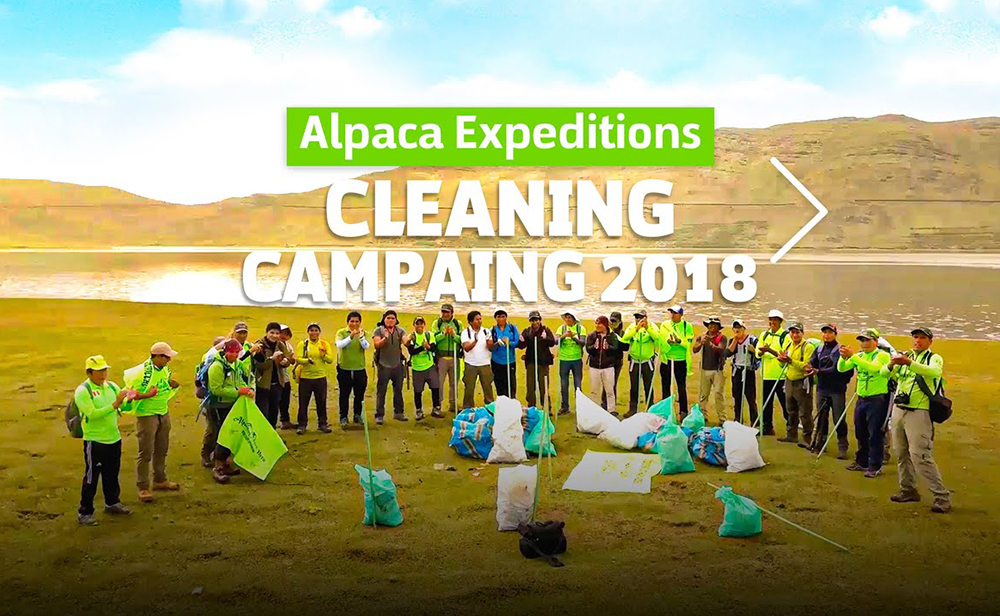
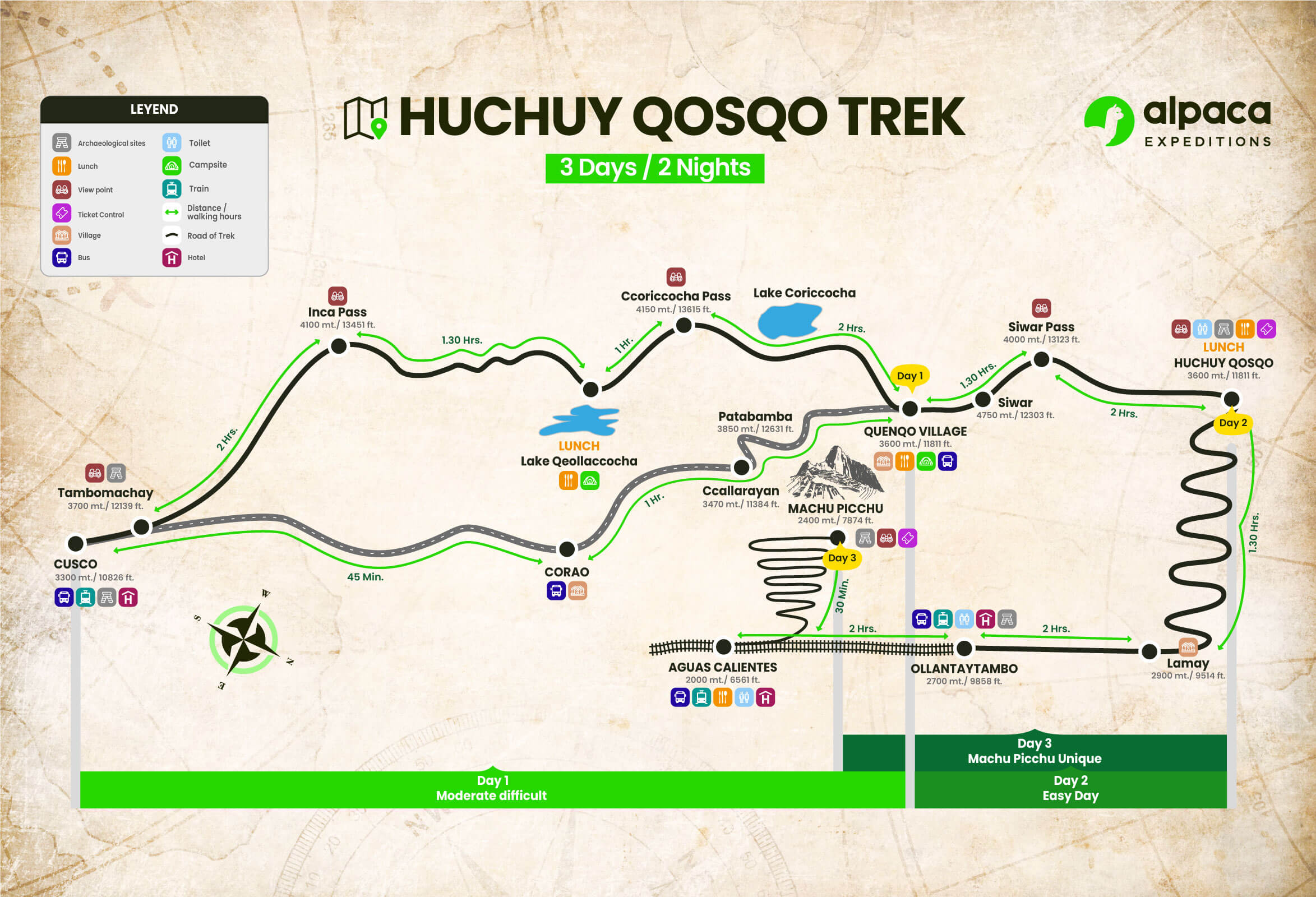
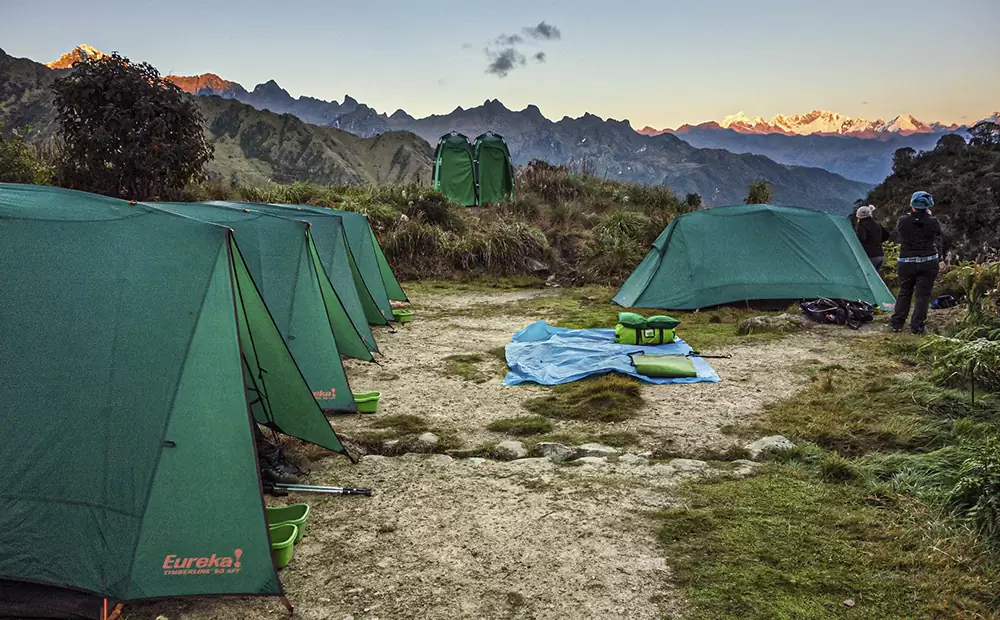
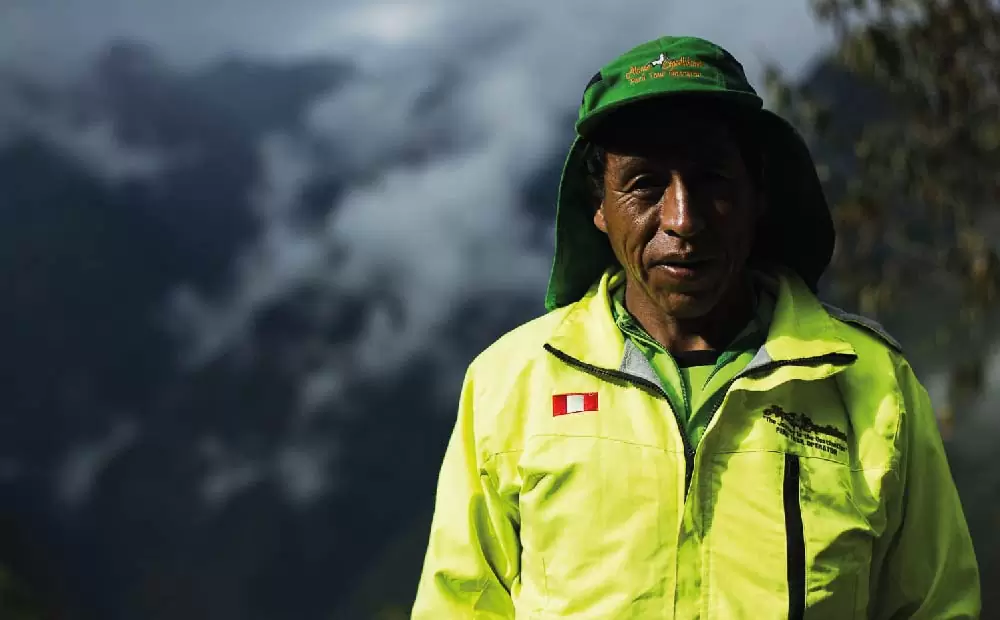
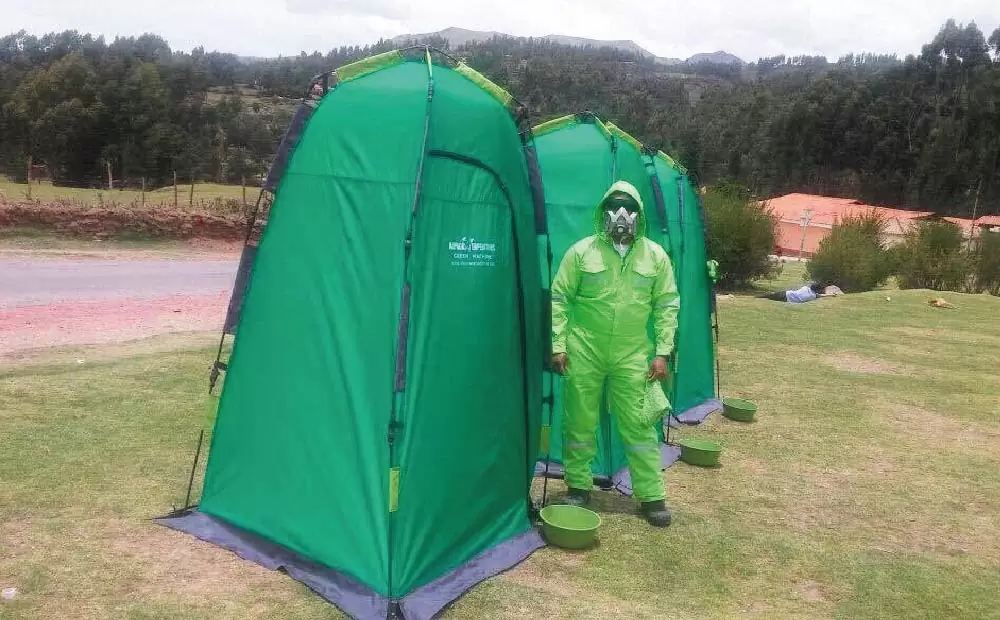
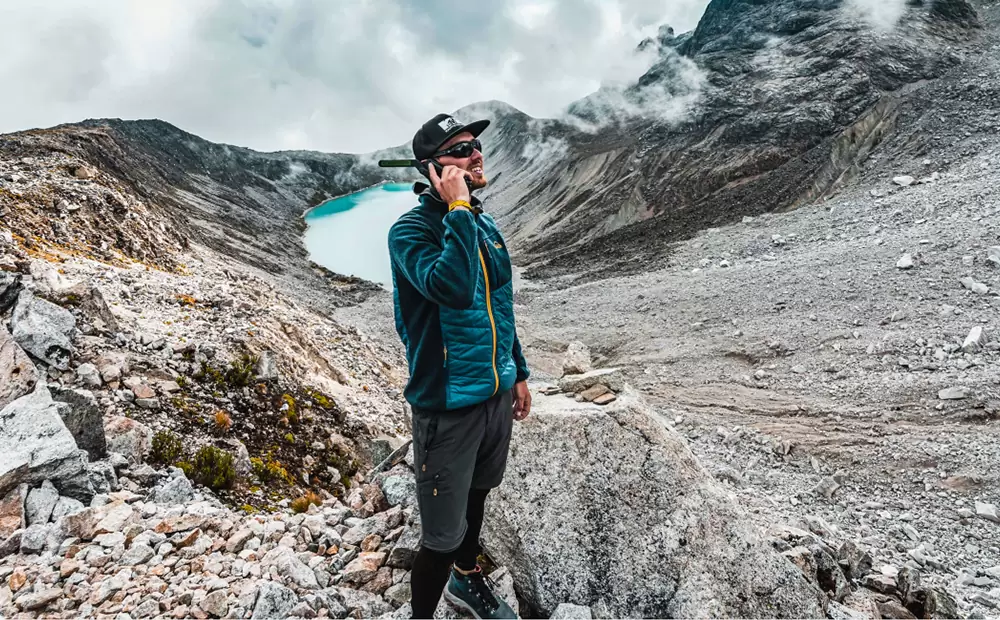
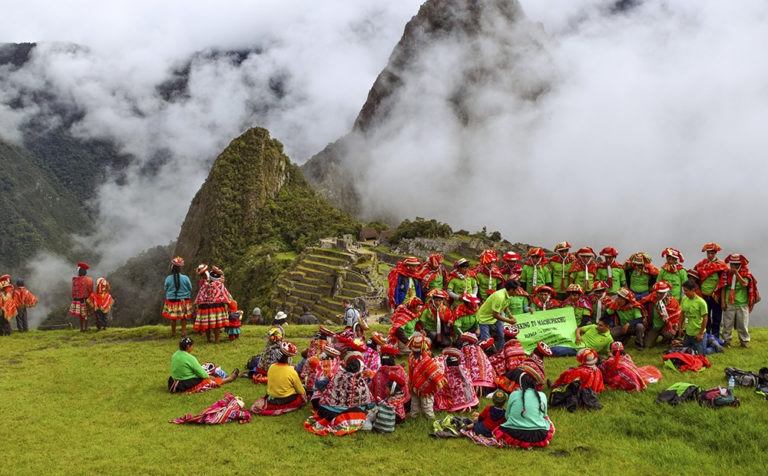
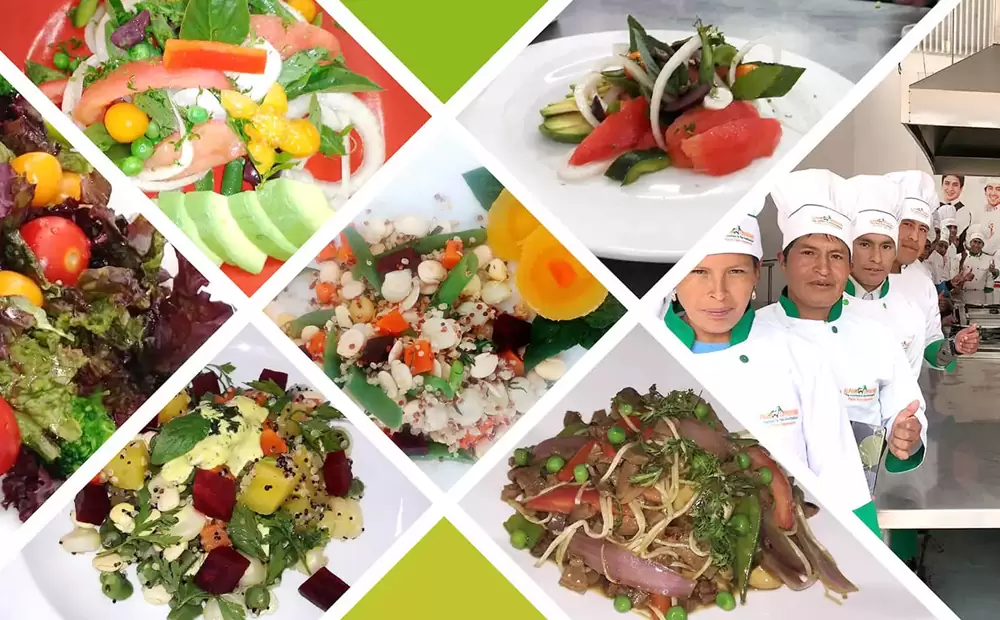
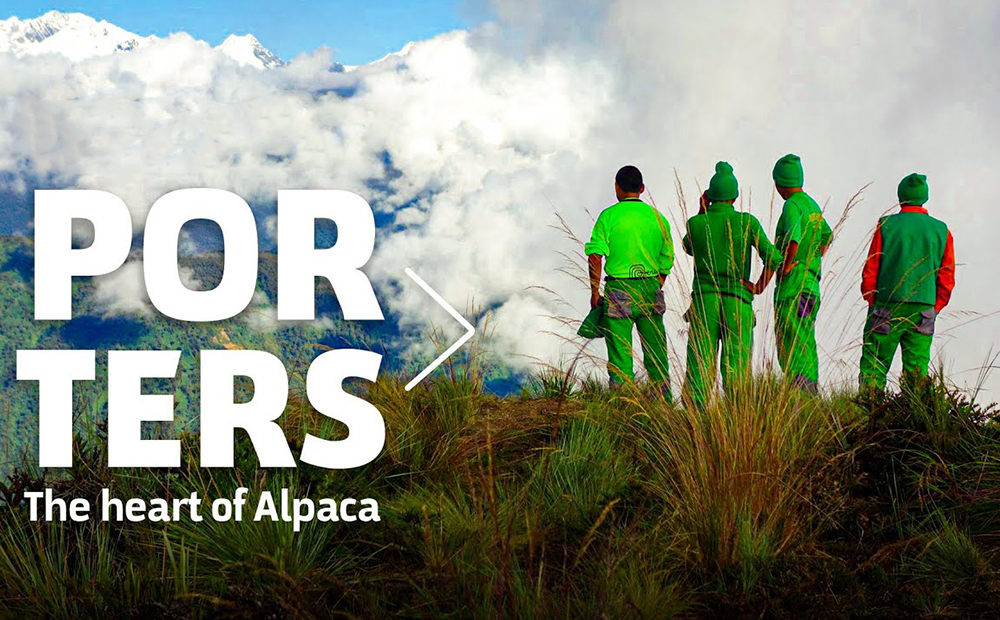
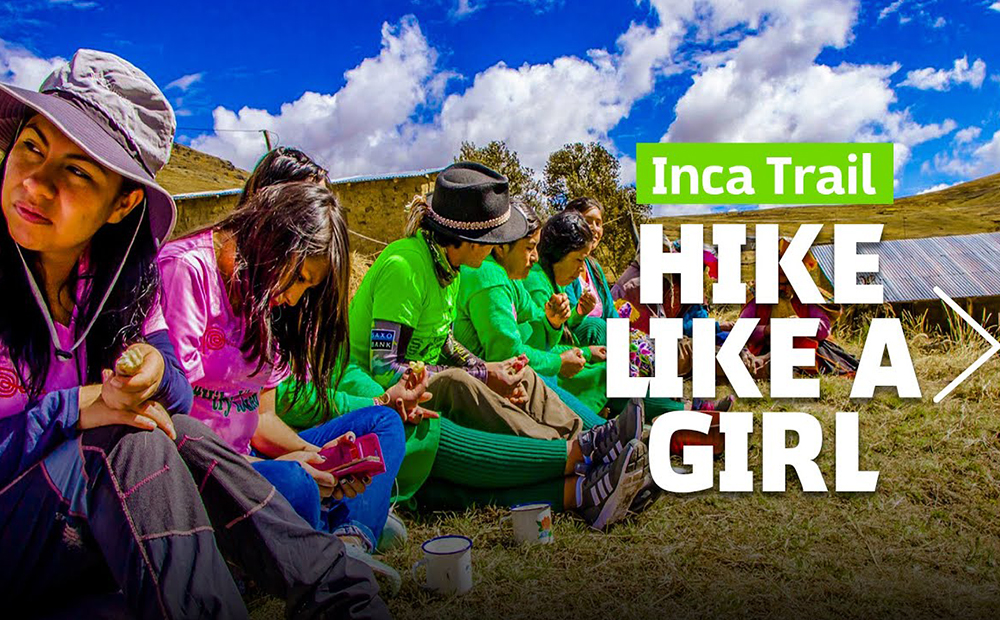
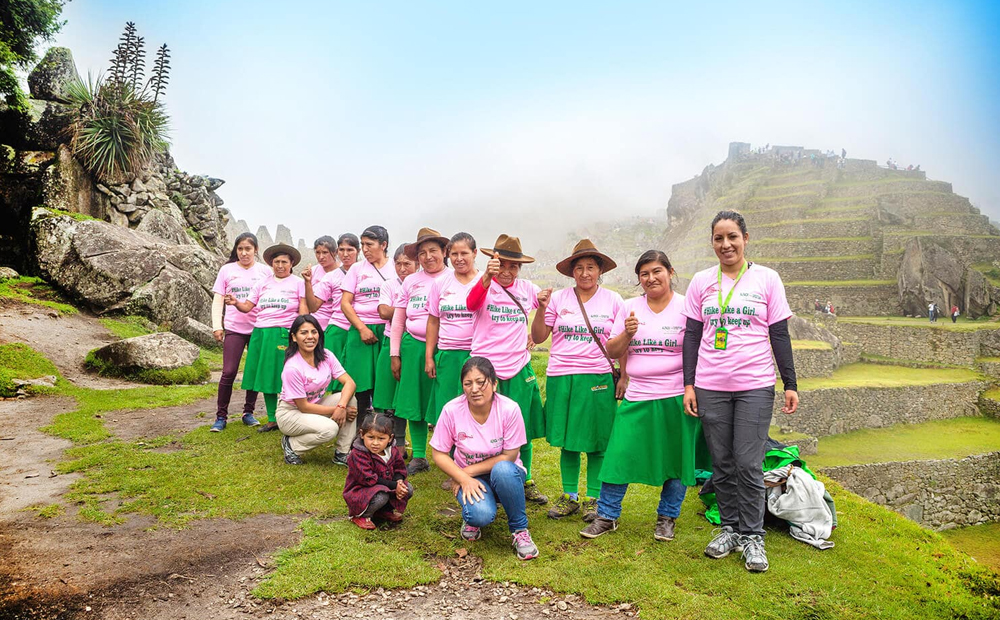
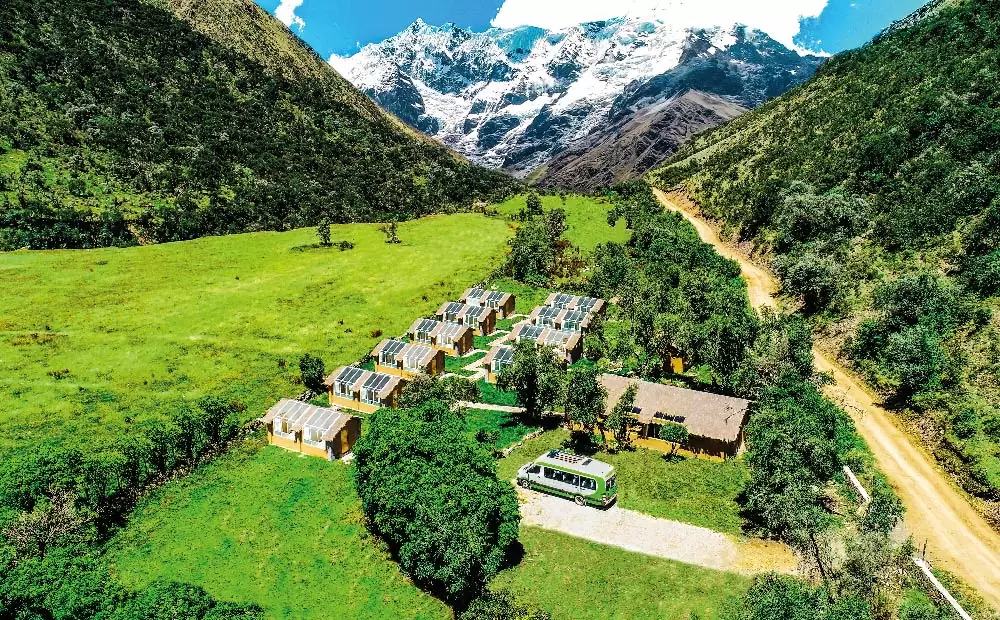
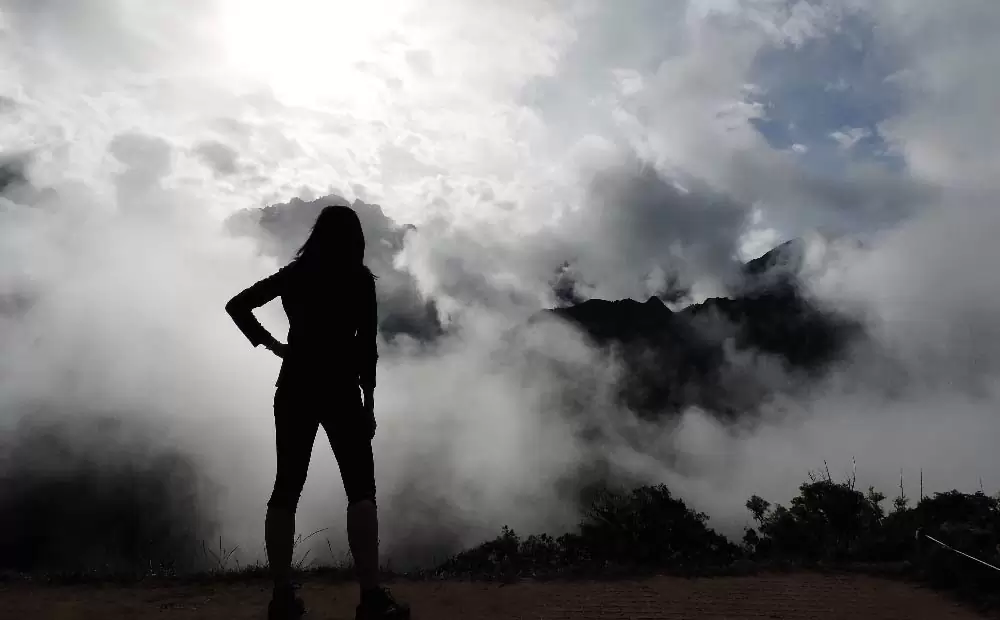
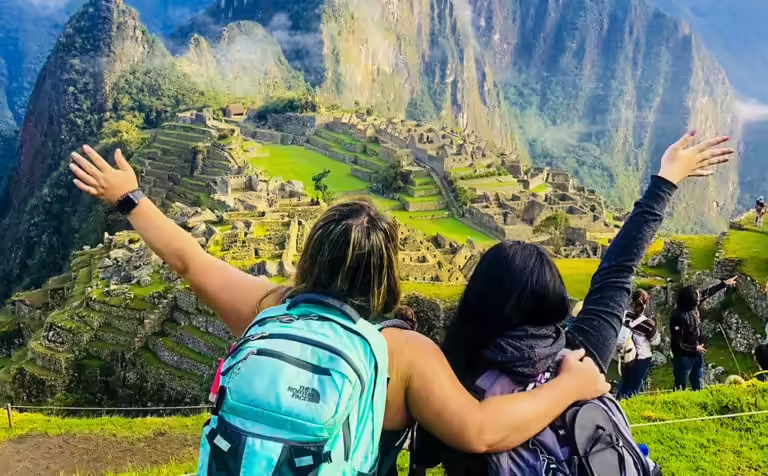
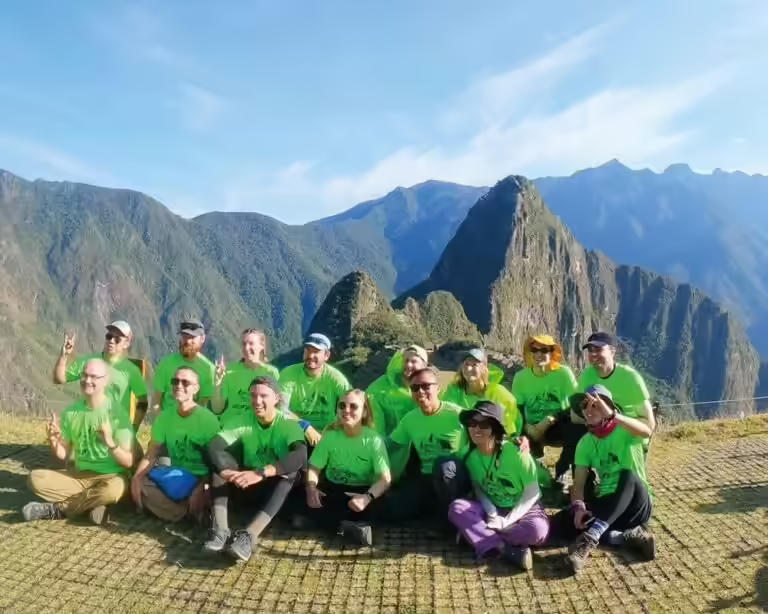
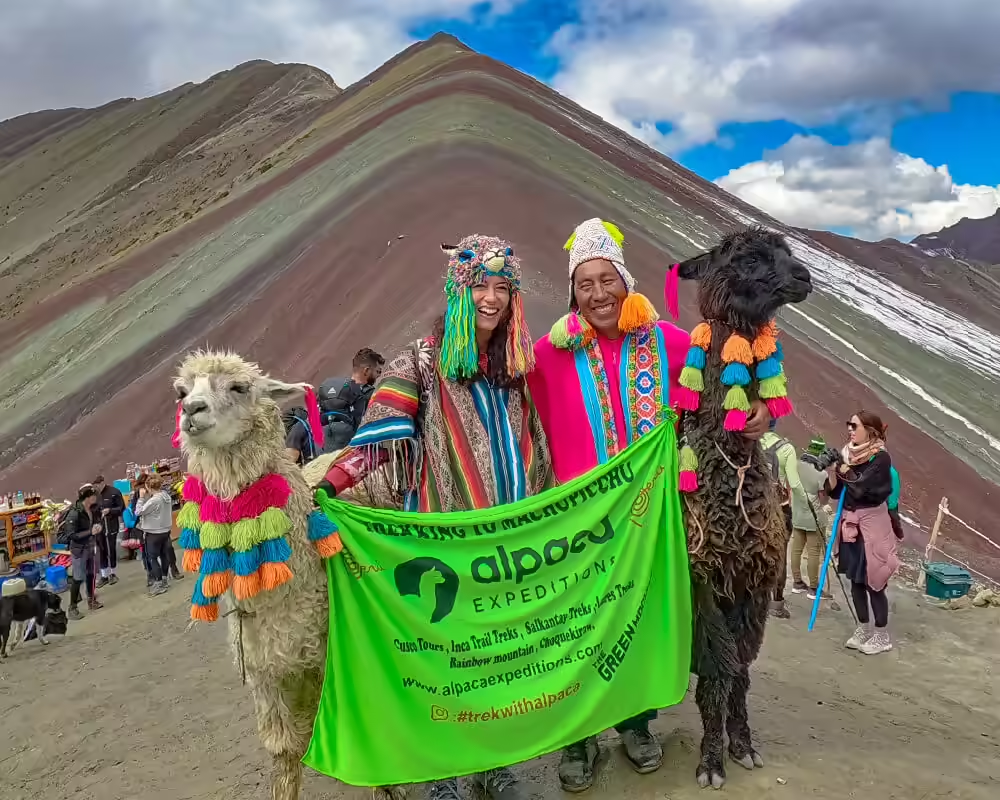
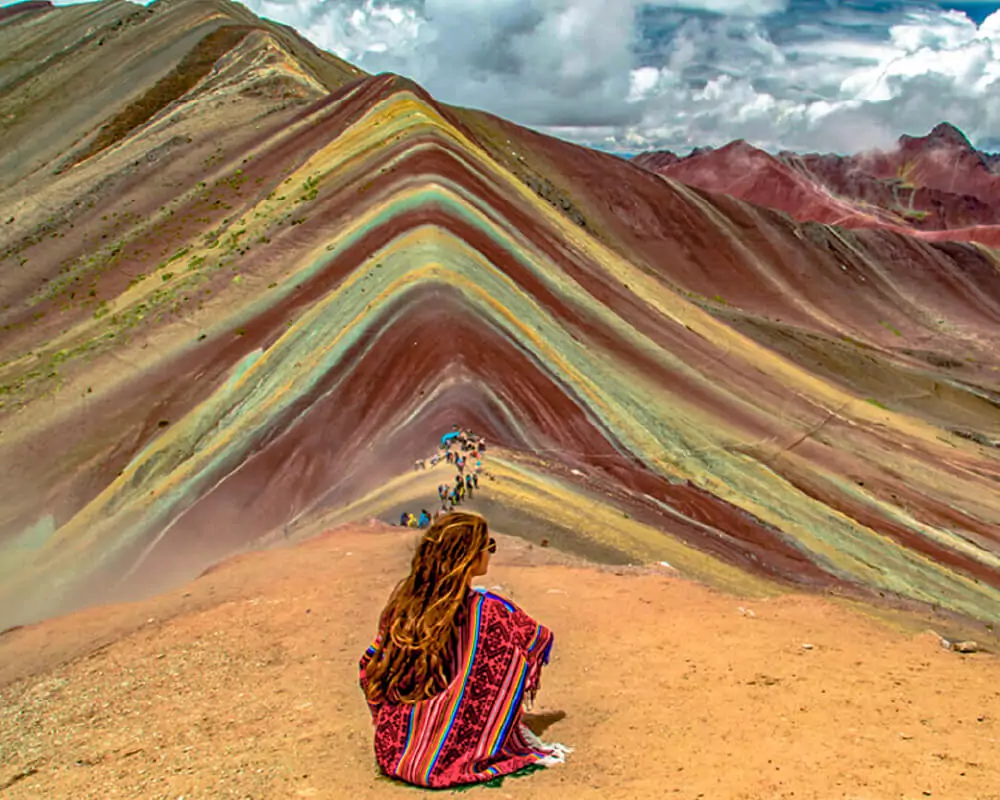
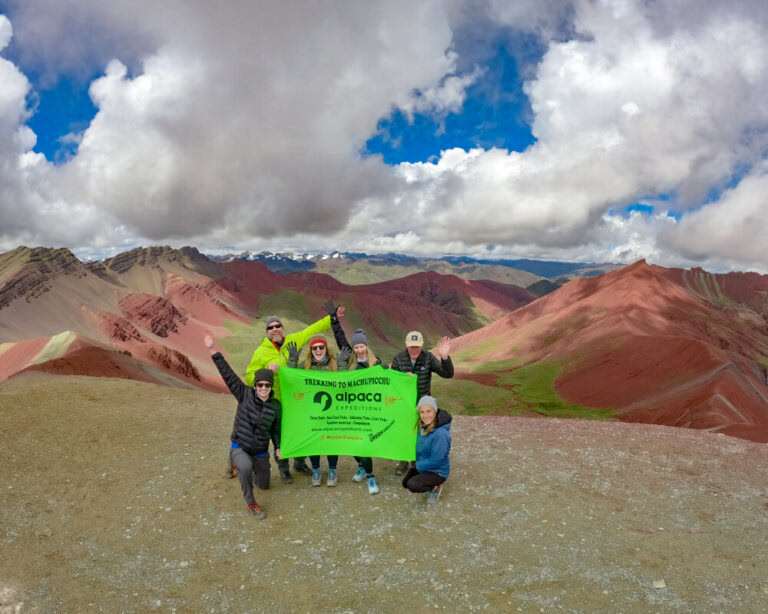
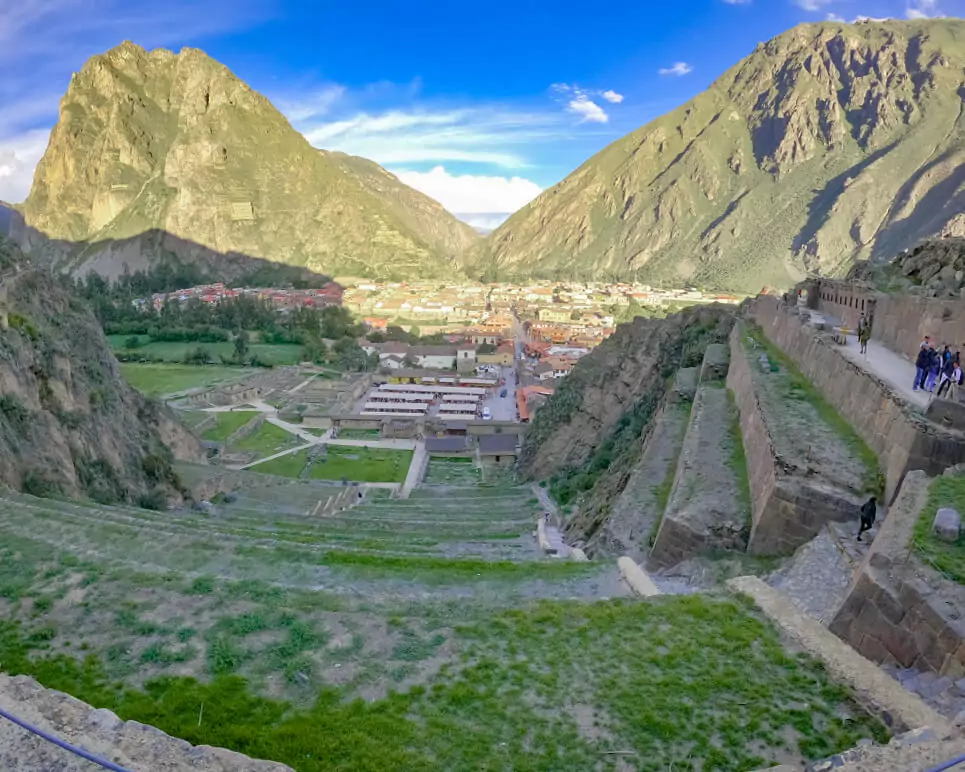
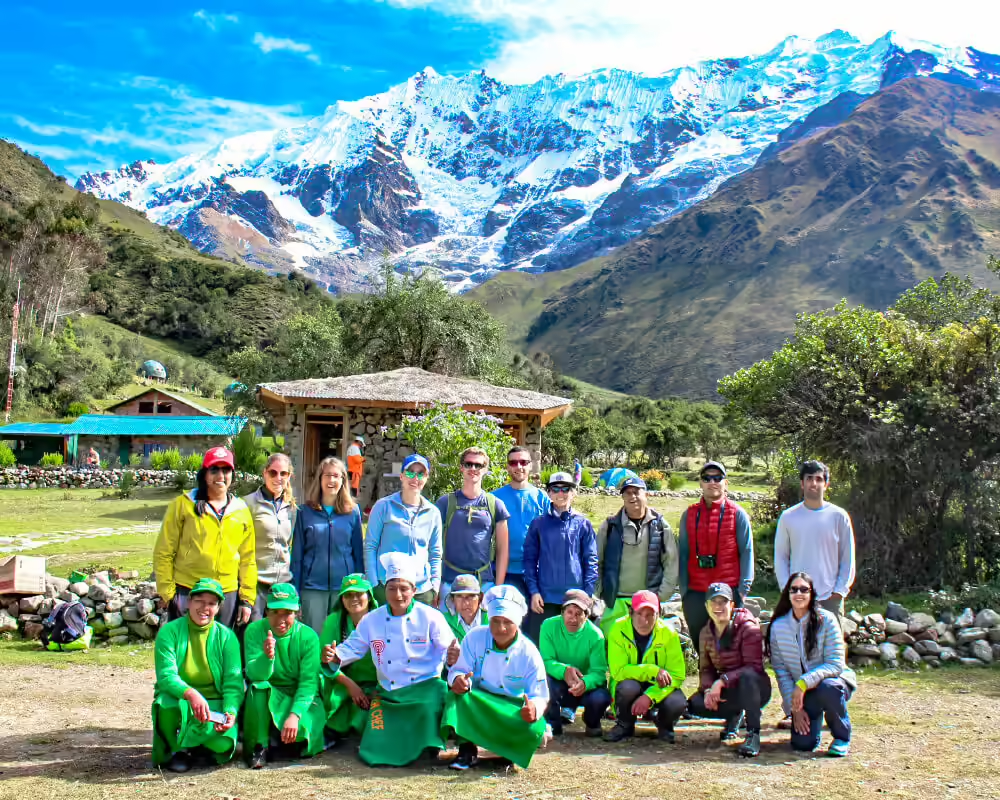
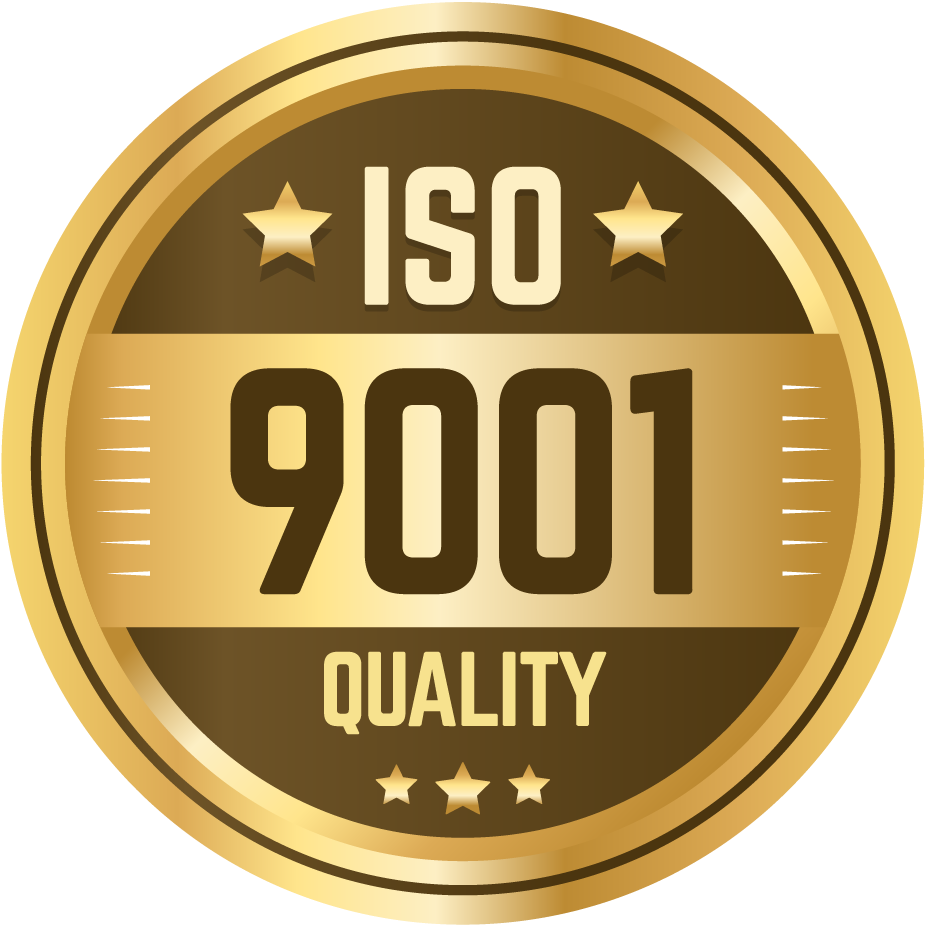
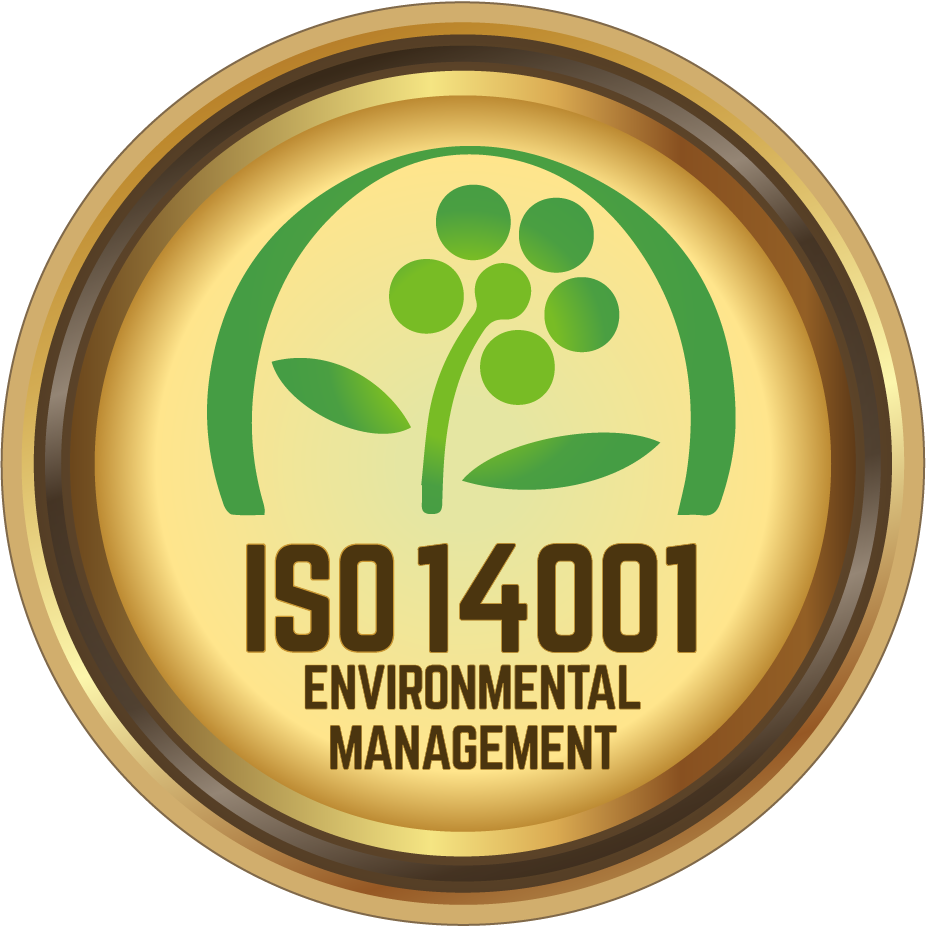
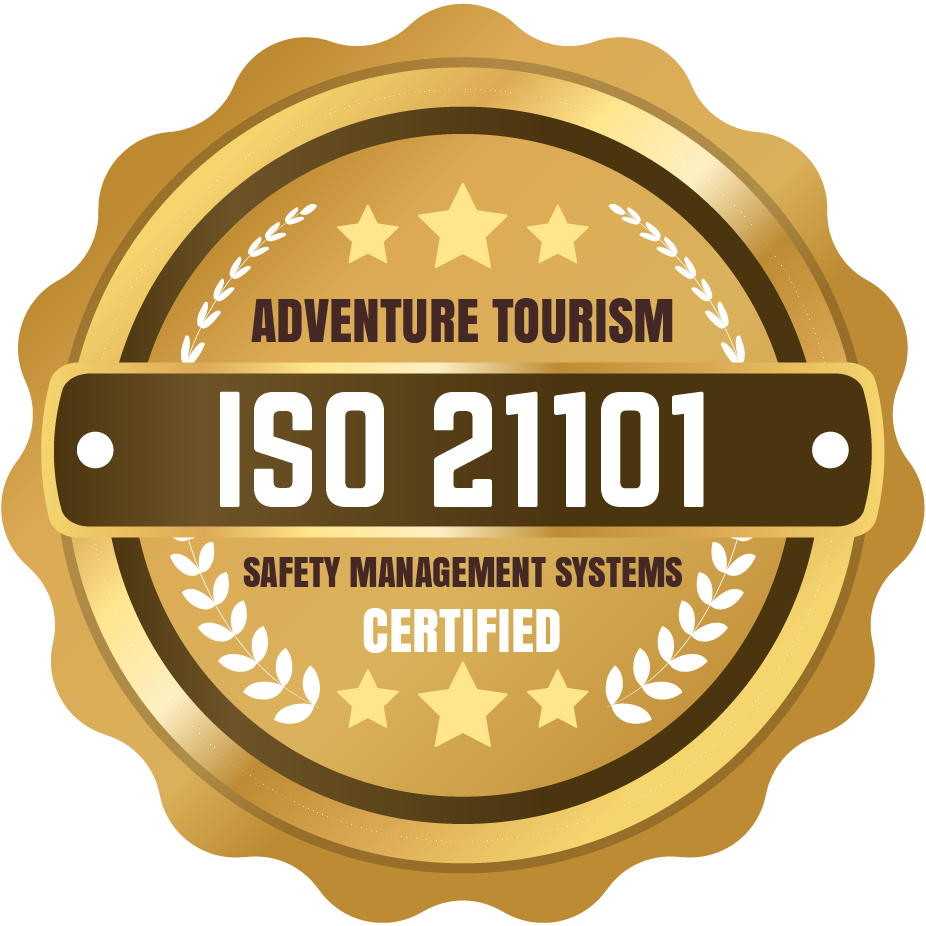
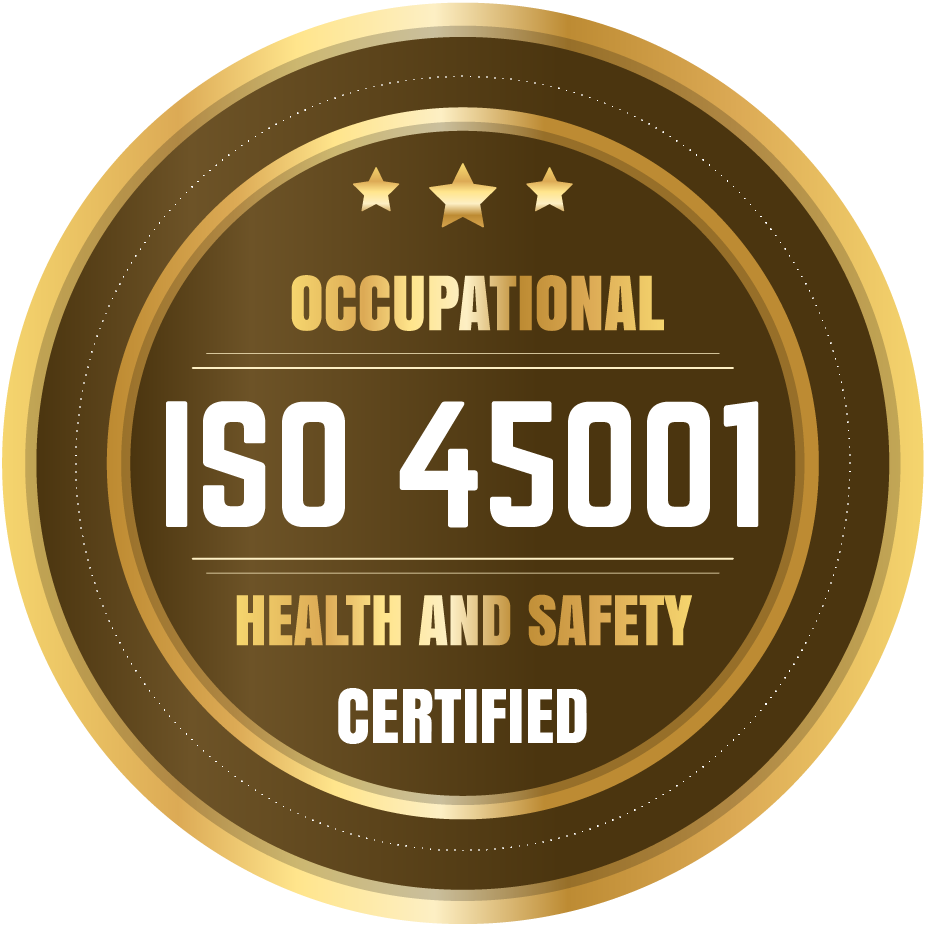
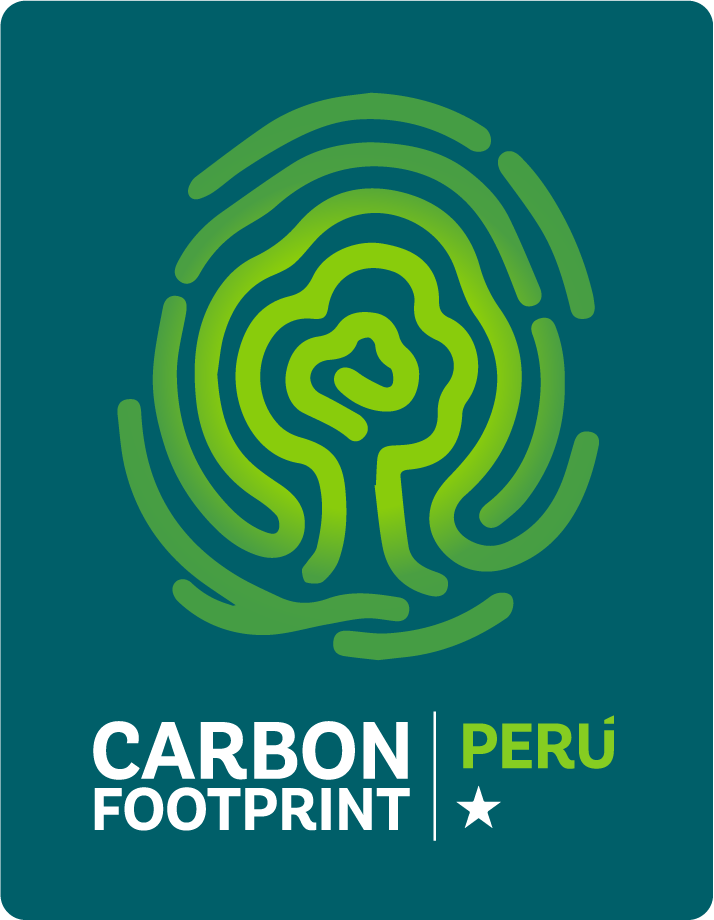
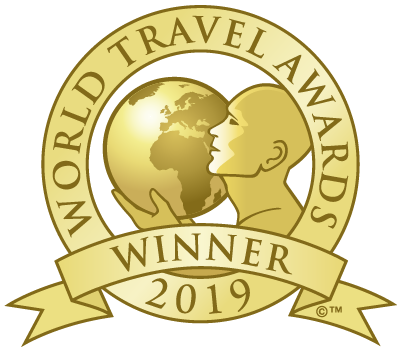
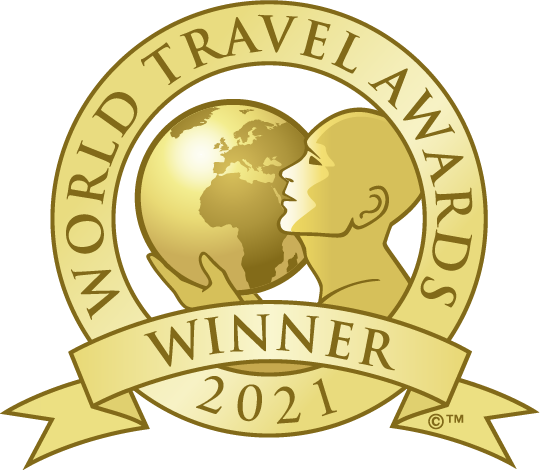
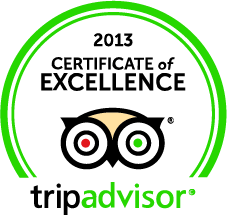
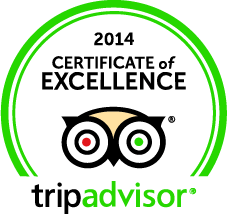
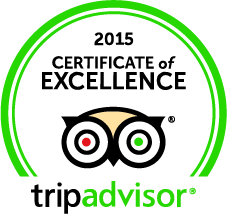
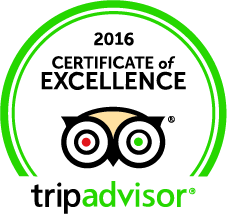
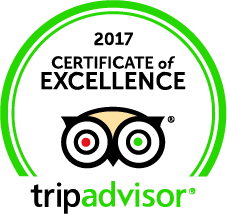
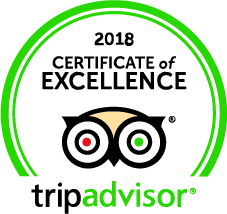
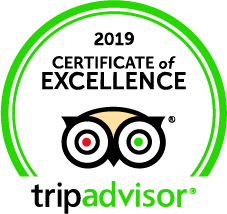
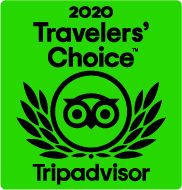
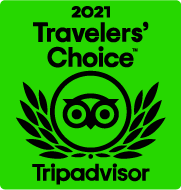
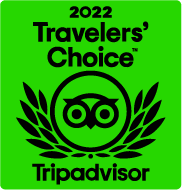
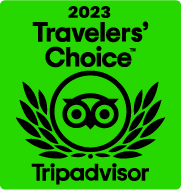
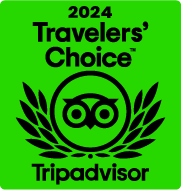












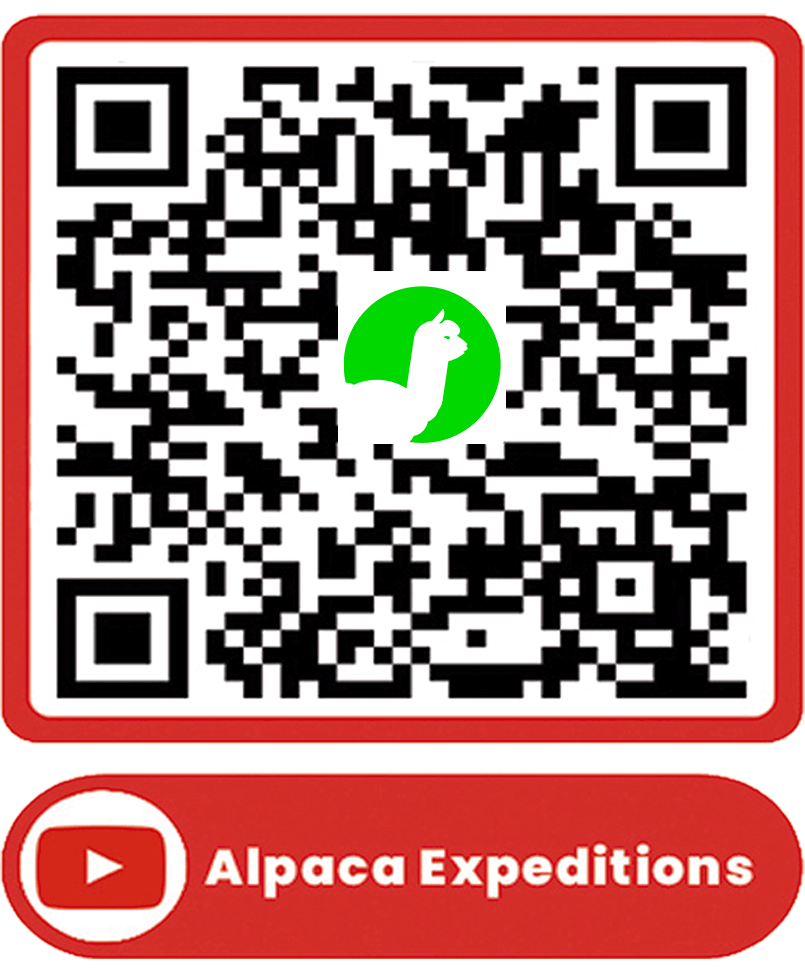

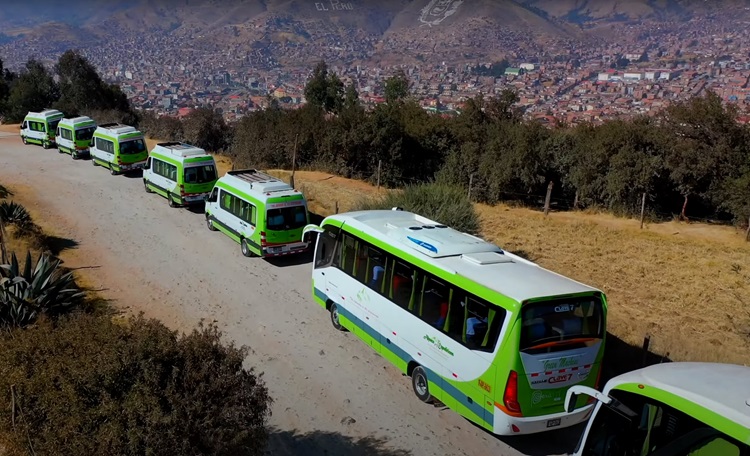
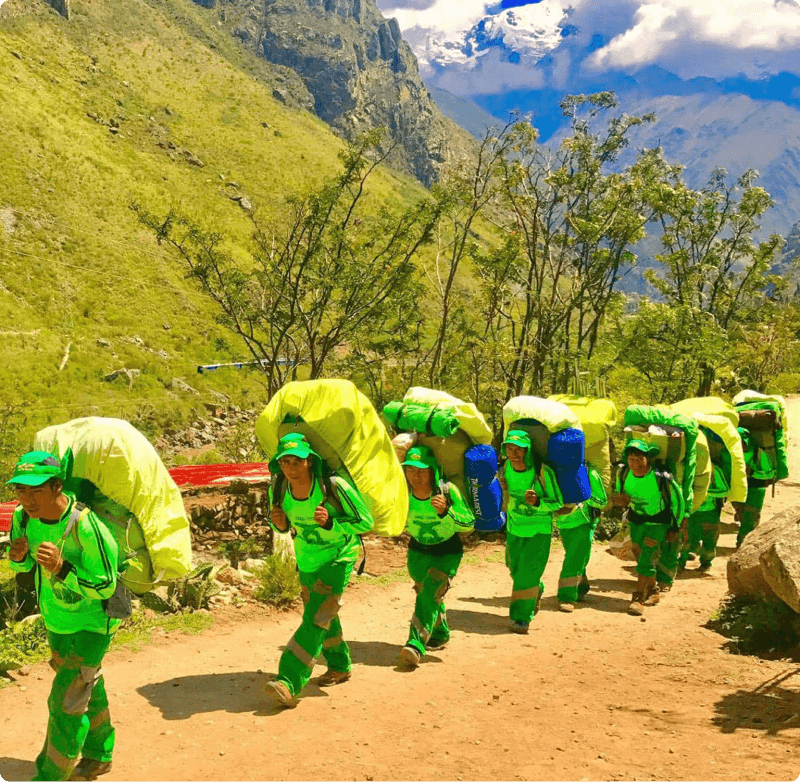 Porters will carry up to 7 kg of your personal items, which must include your sleeping bag and air mat (if you bring or rent one). From us, these two items weigh a combined total of 3.5 kg.
Porters will carry up to 7 kg of your personal items, which must include your sleeping bag and air mat (if you bring or rent one). From us, these two items weigh a combined total of 3.5 kg.